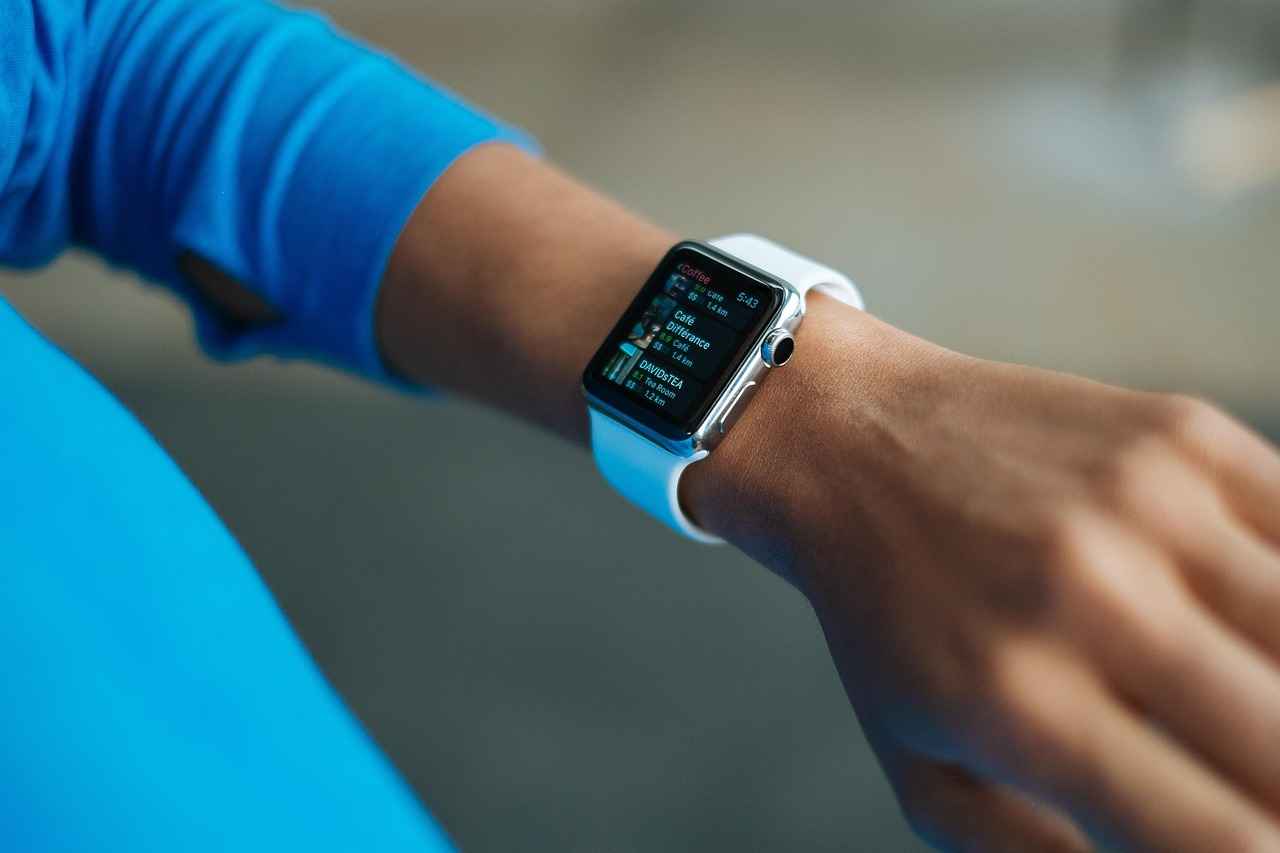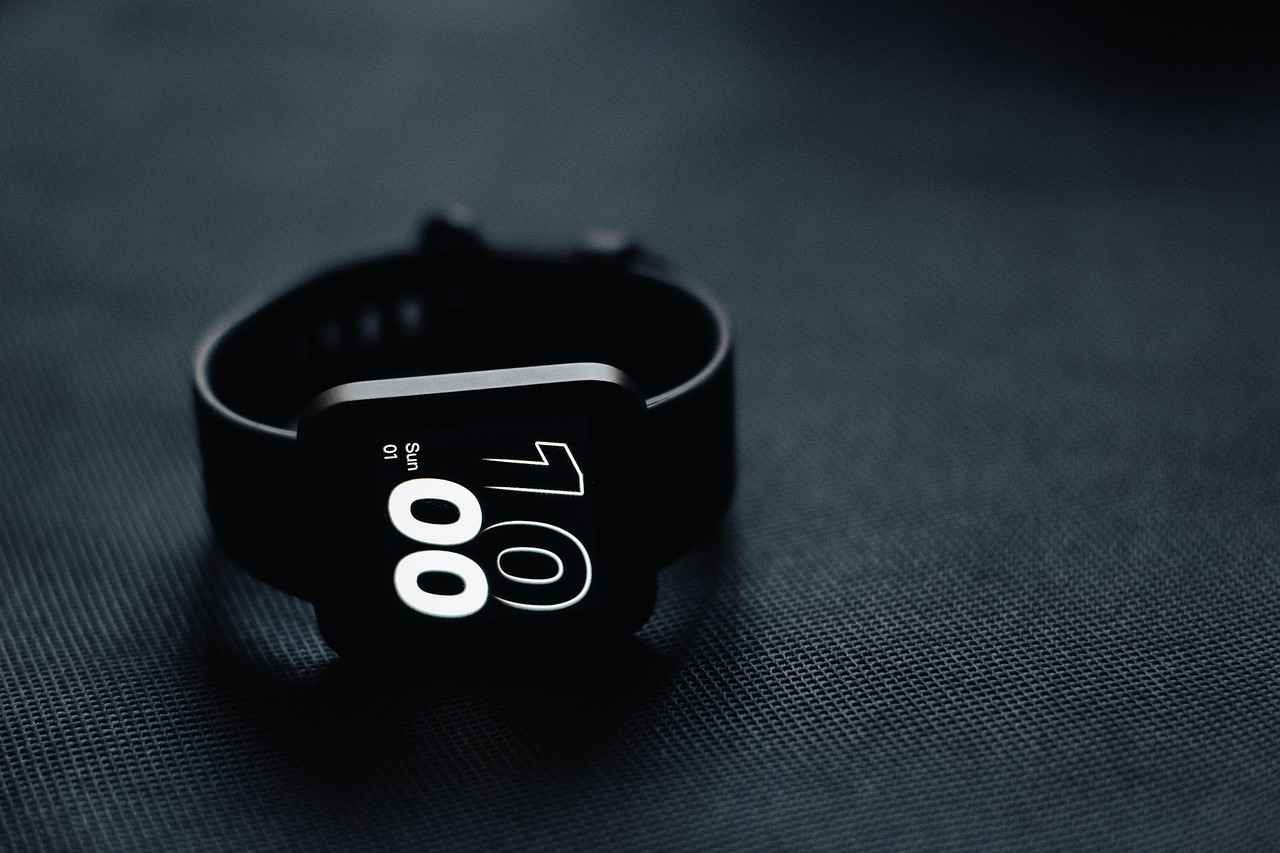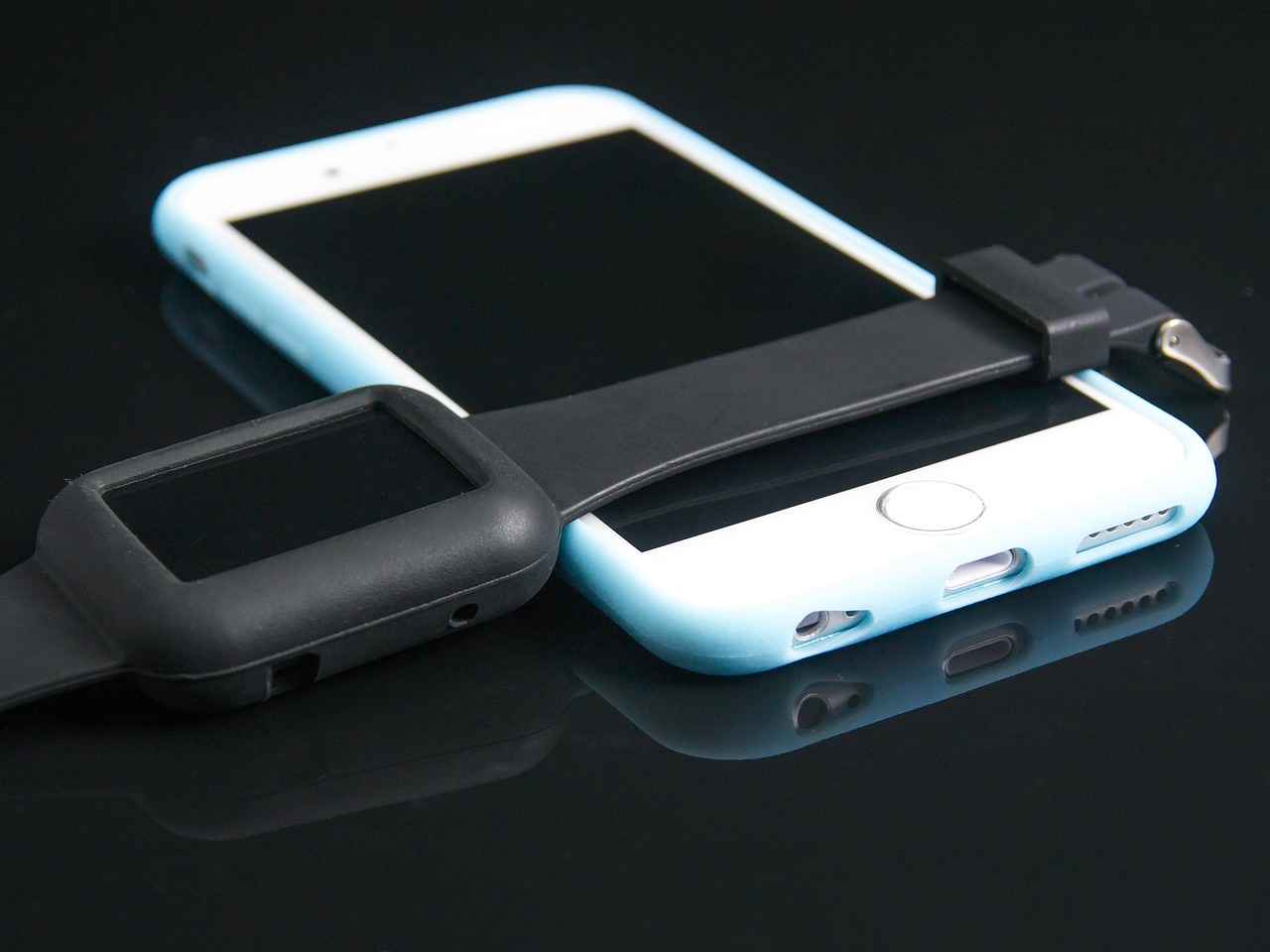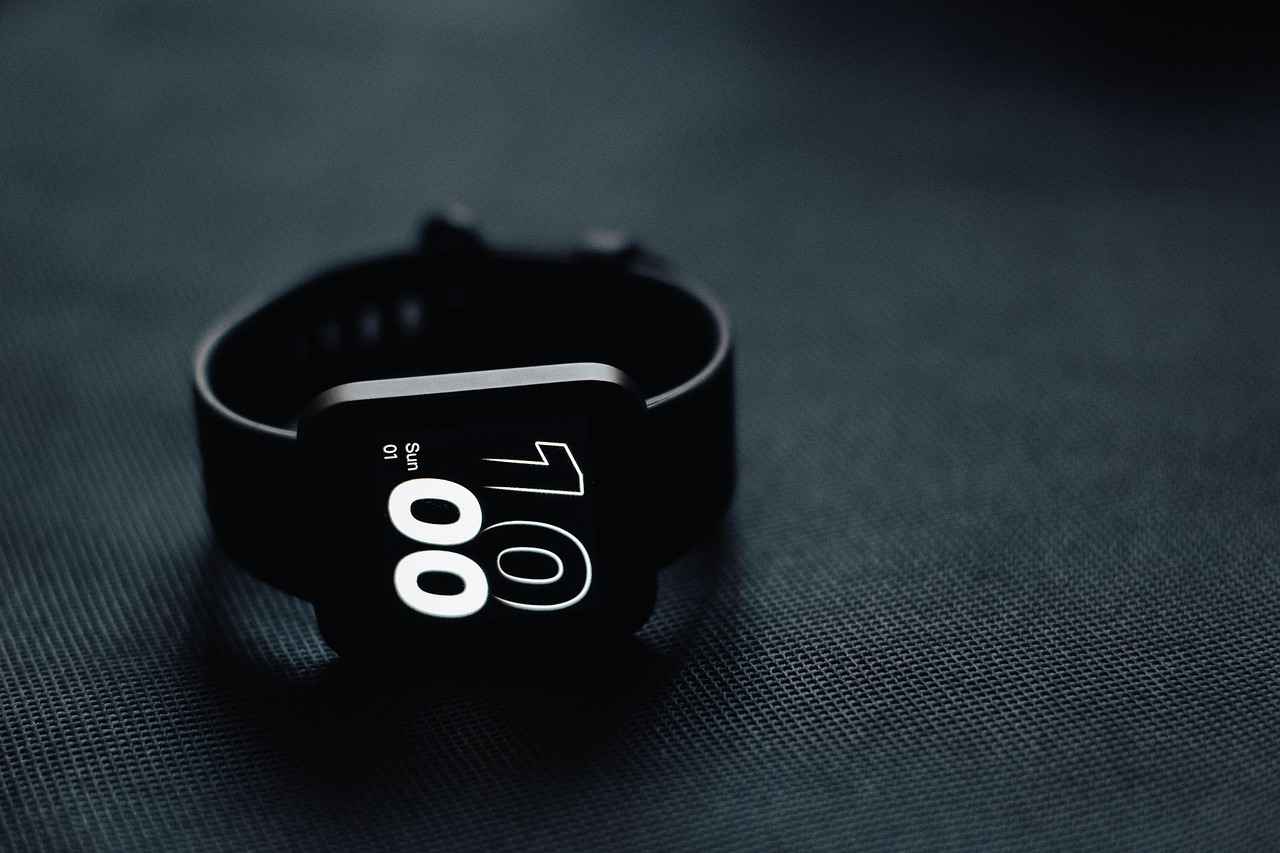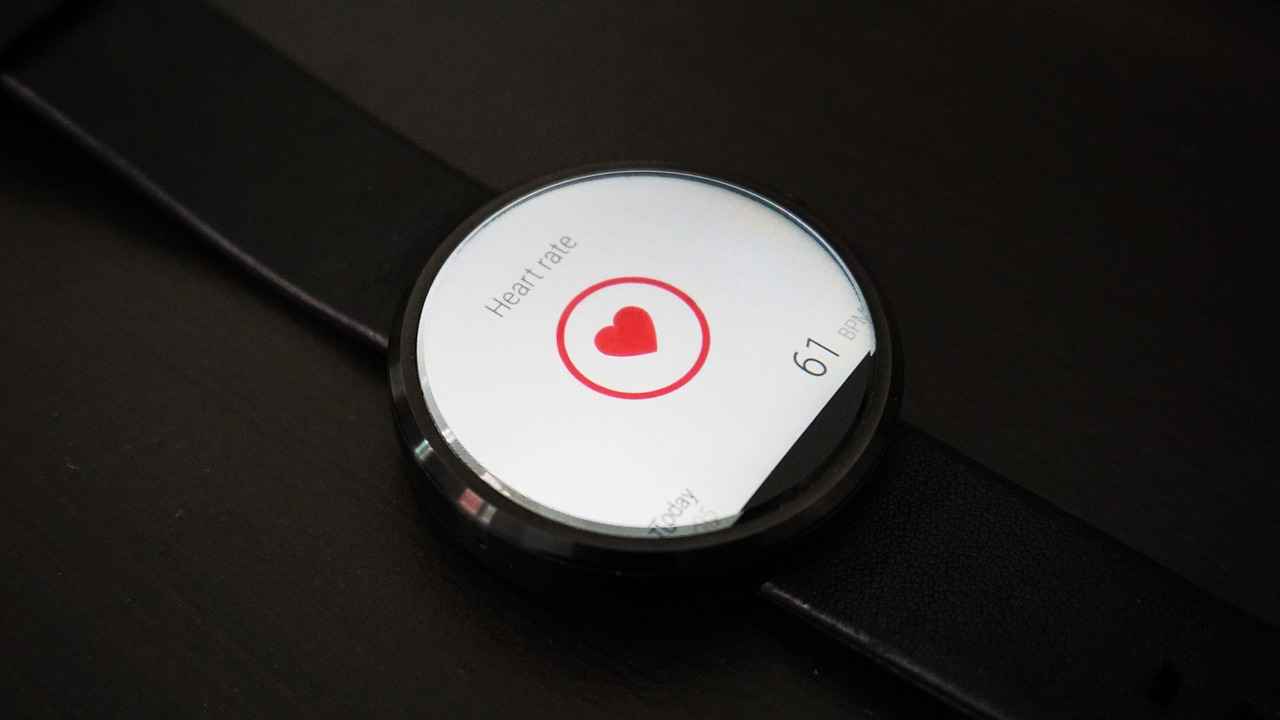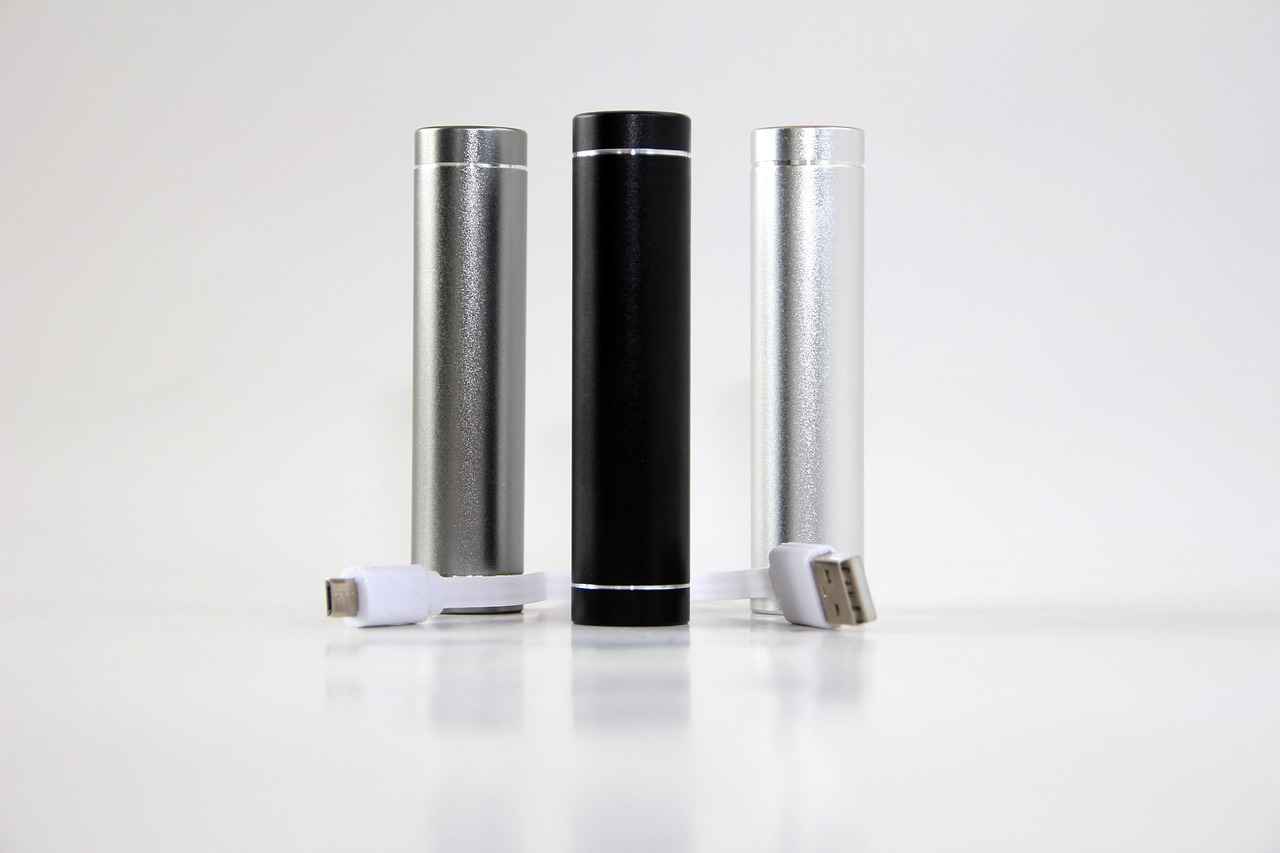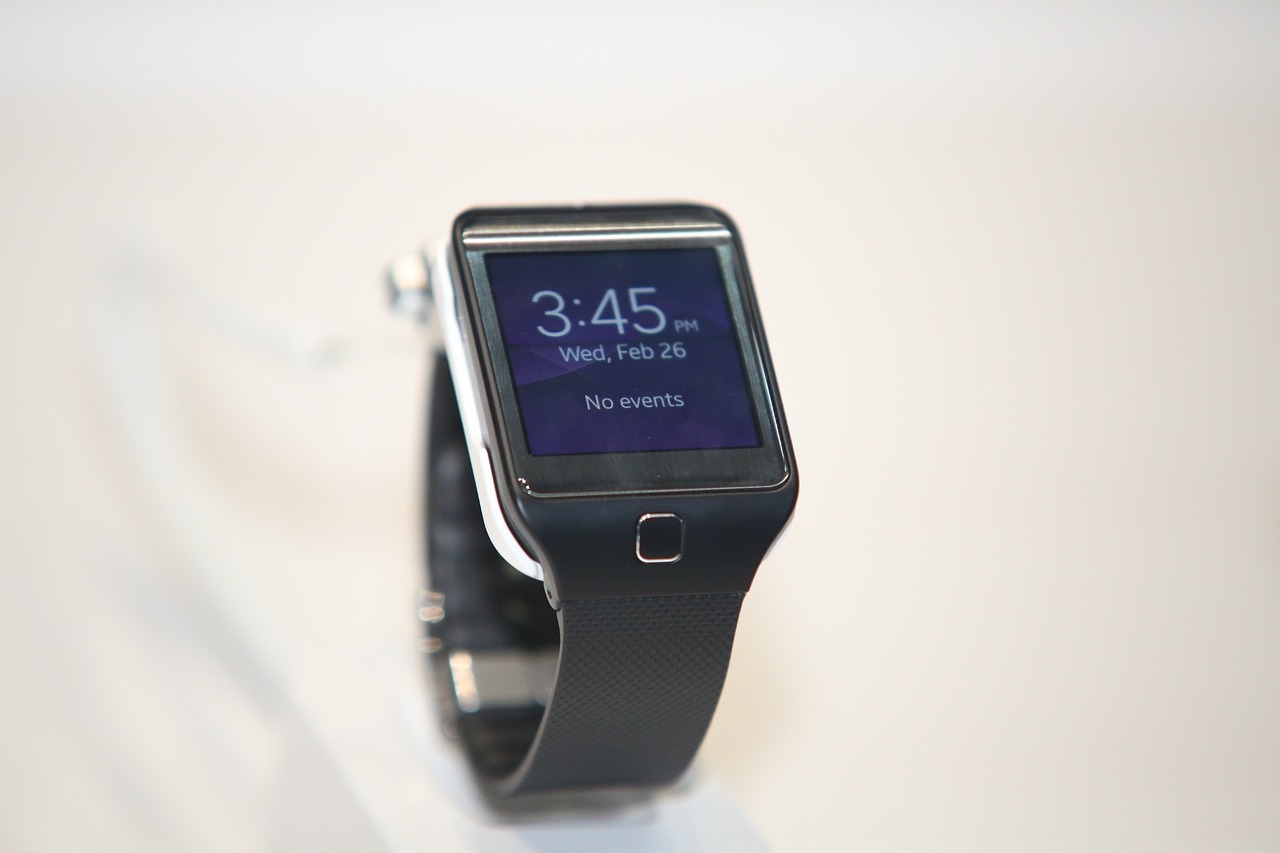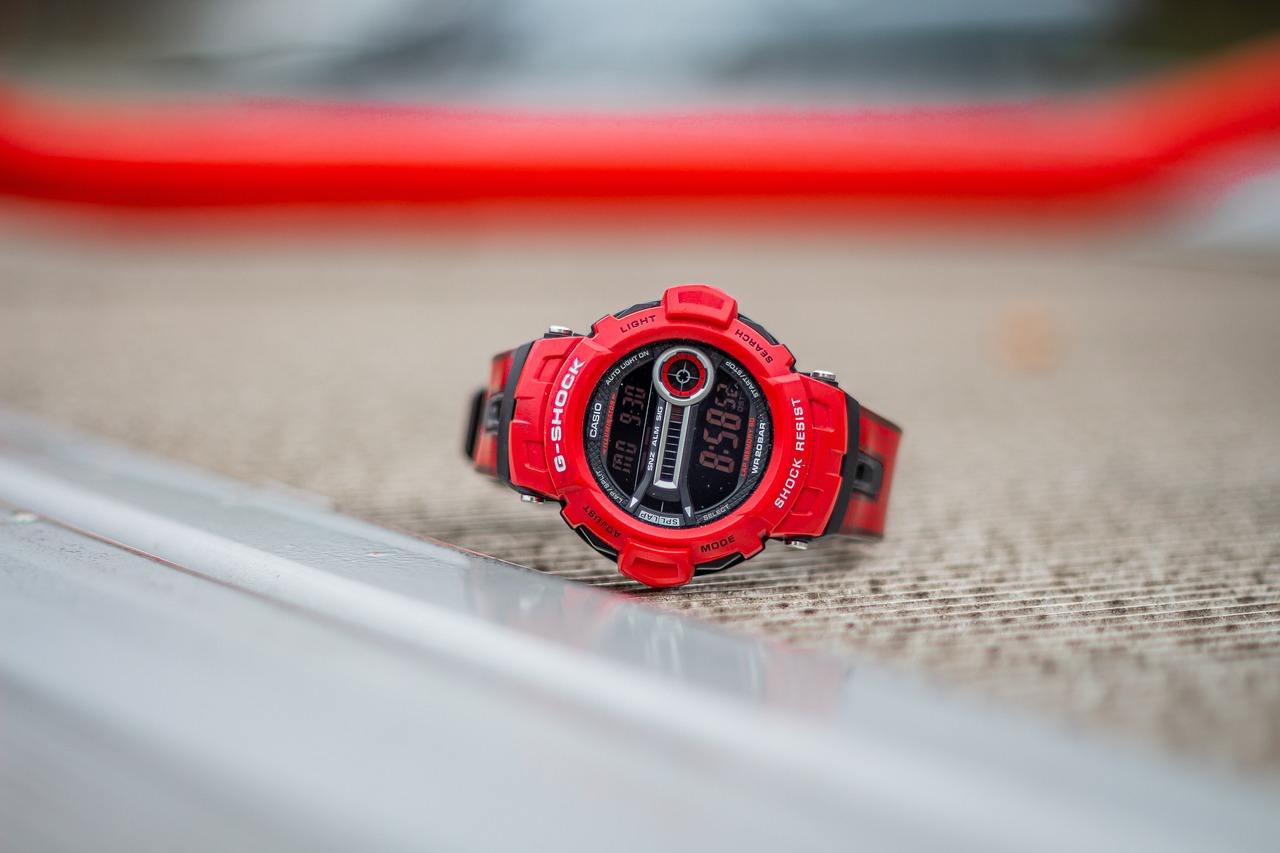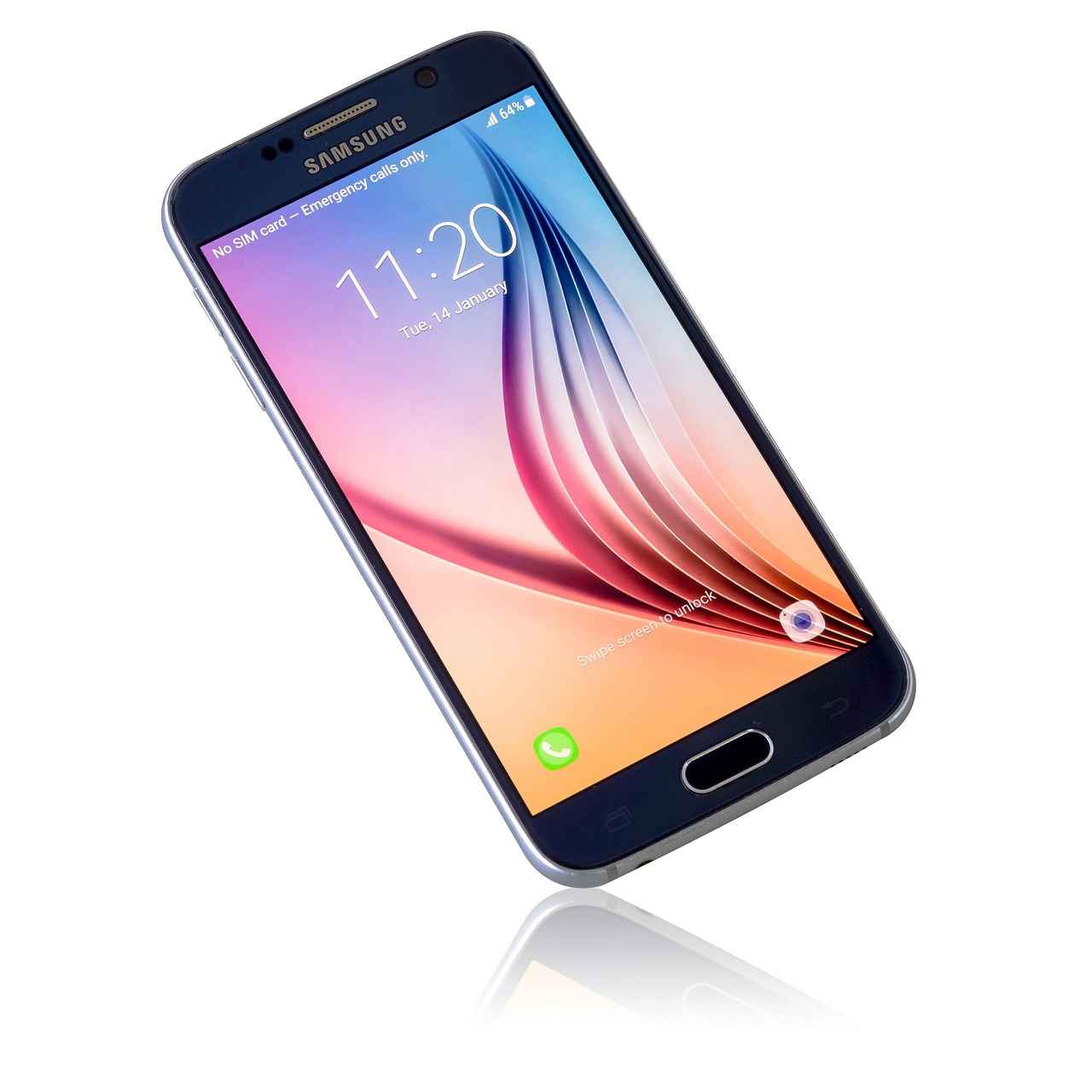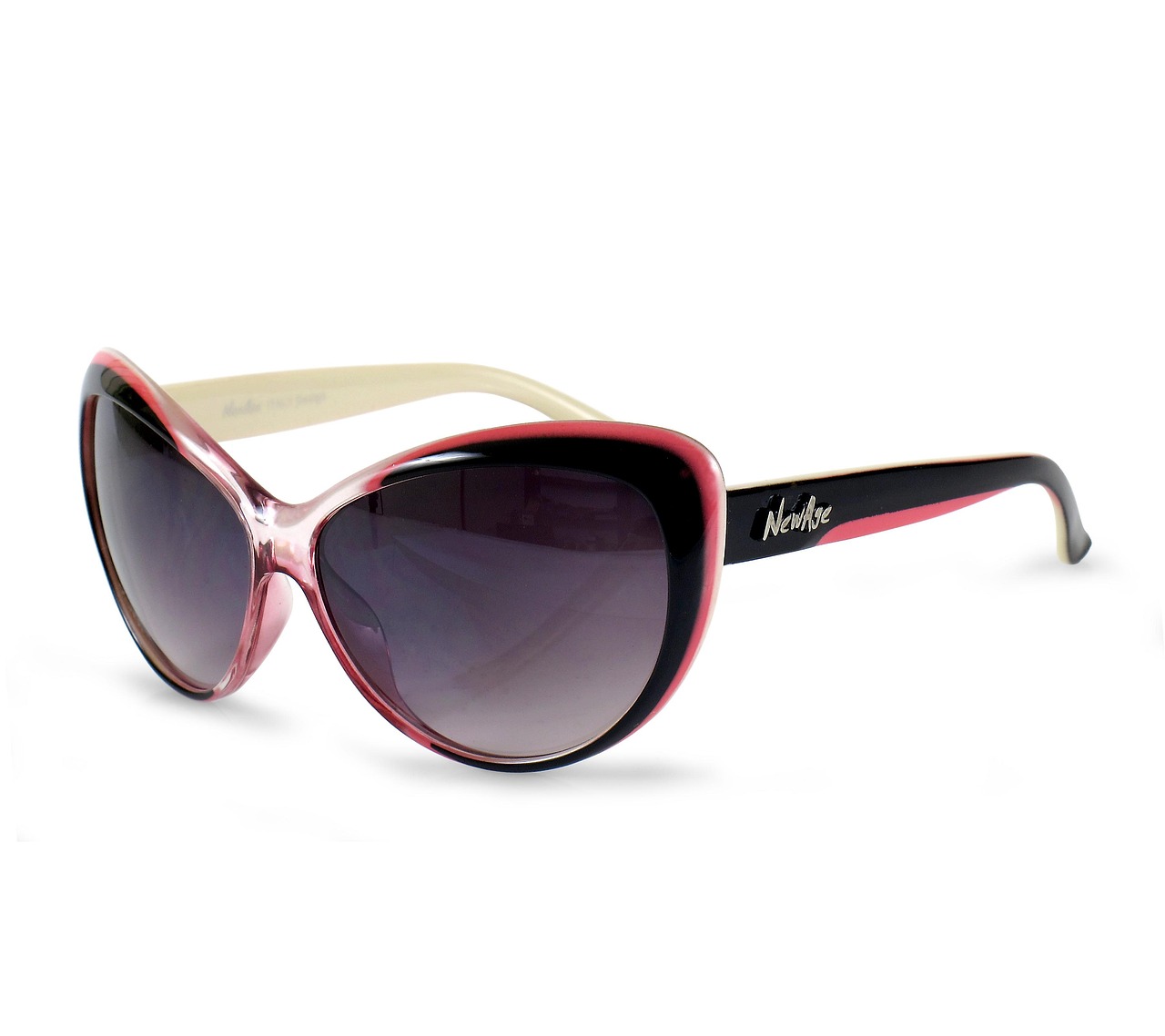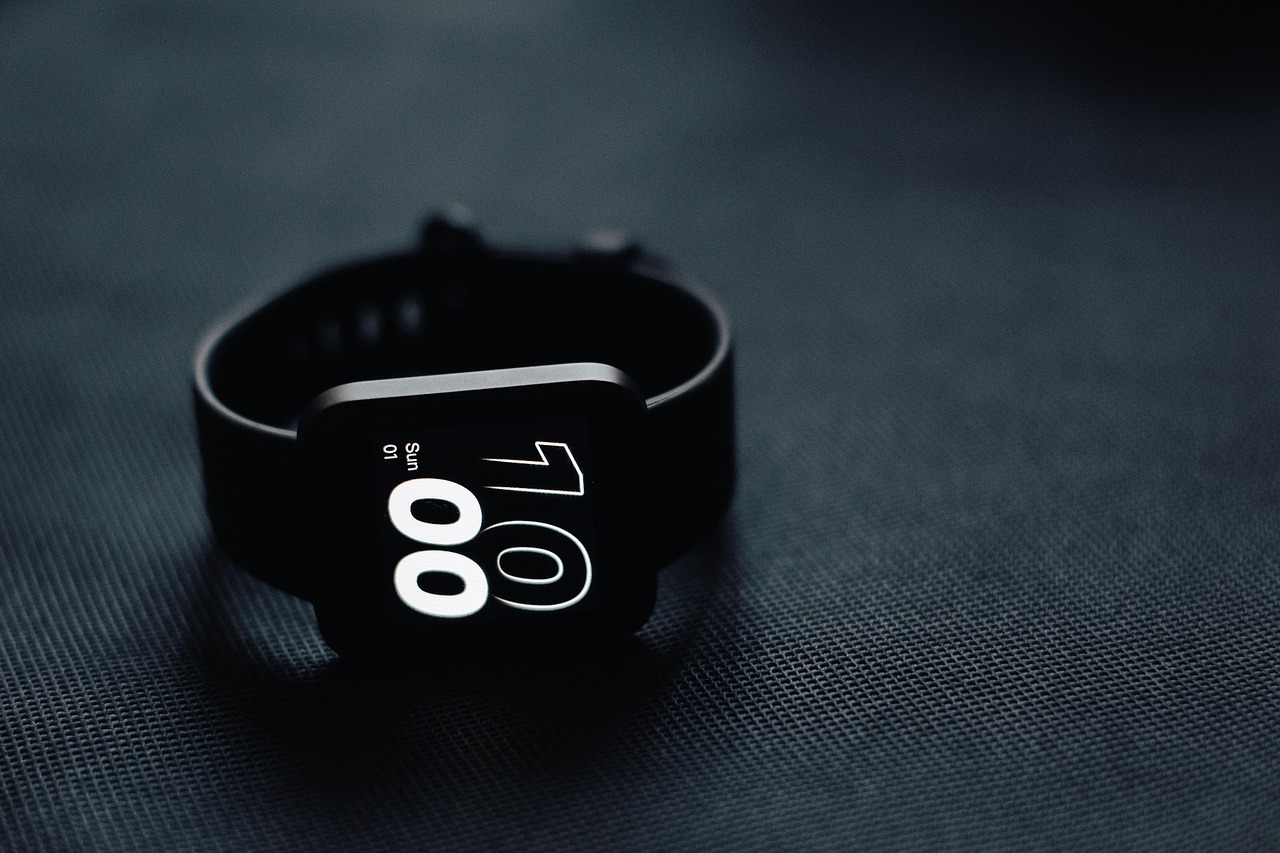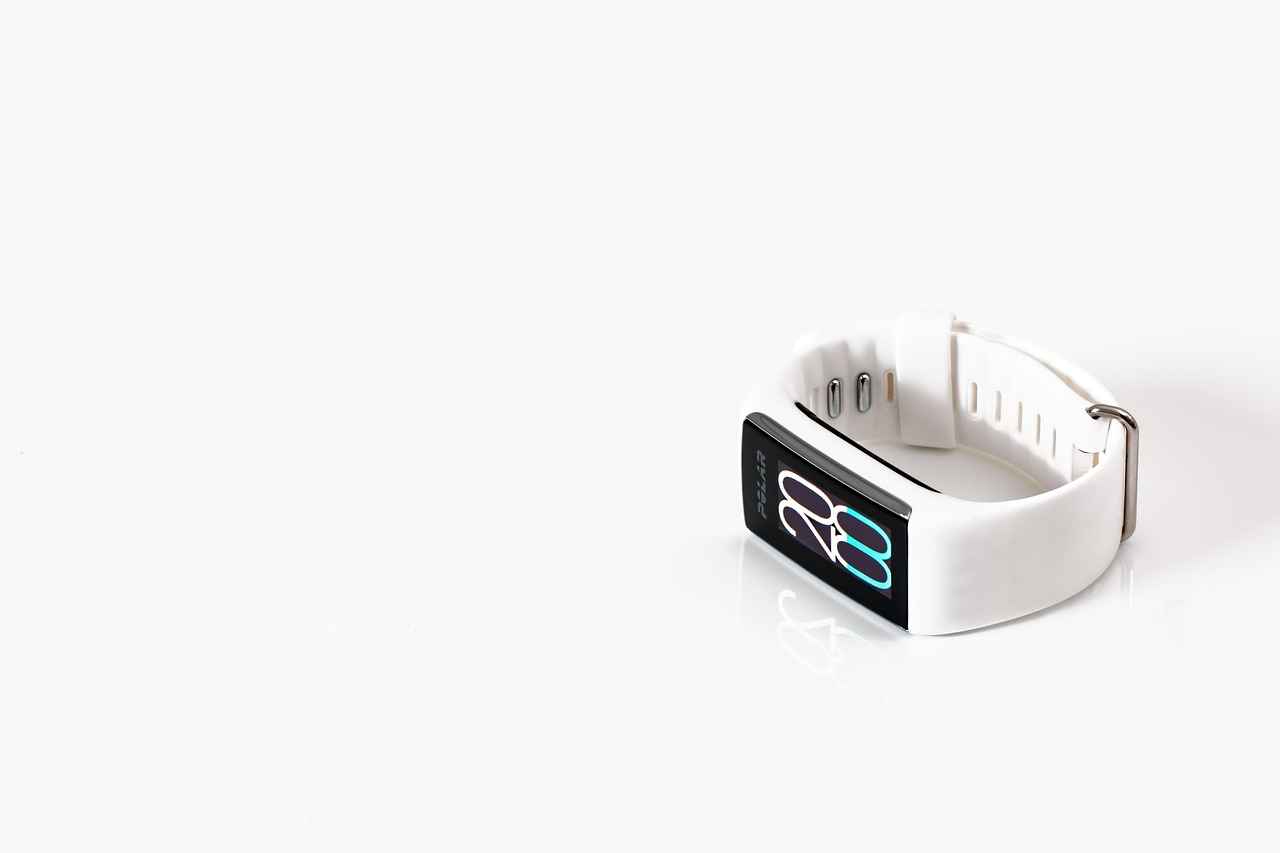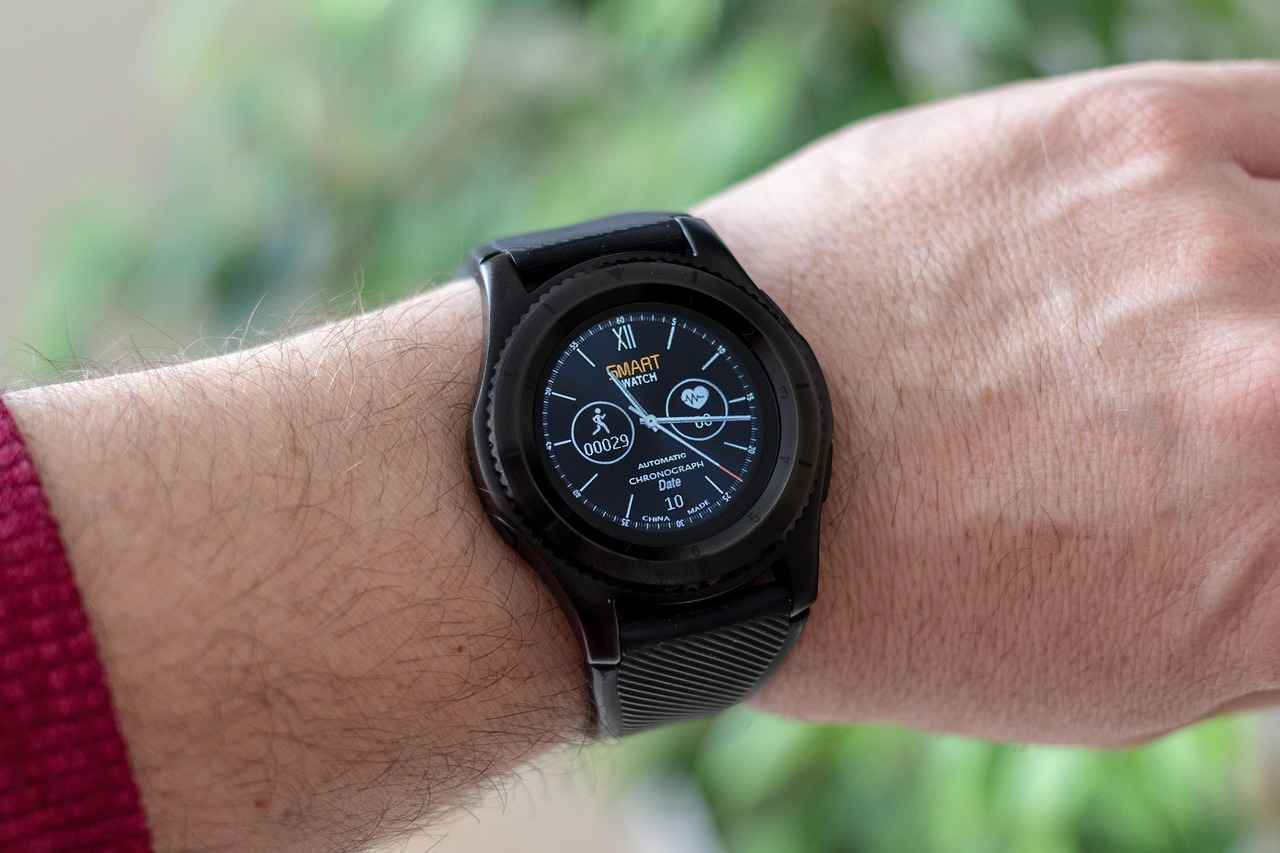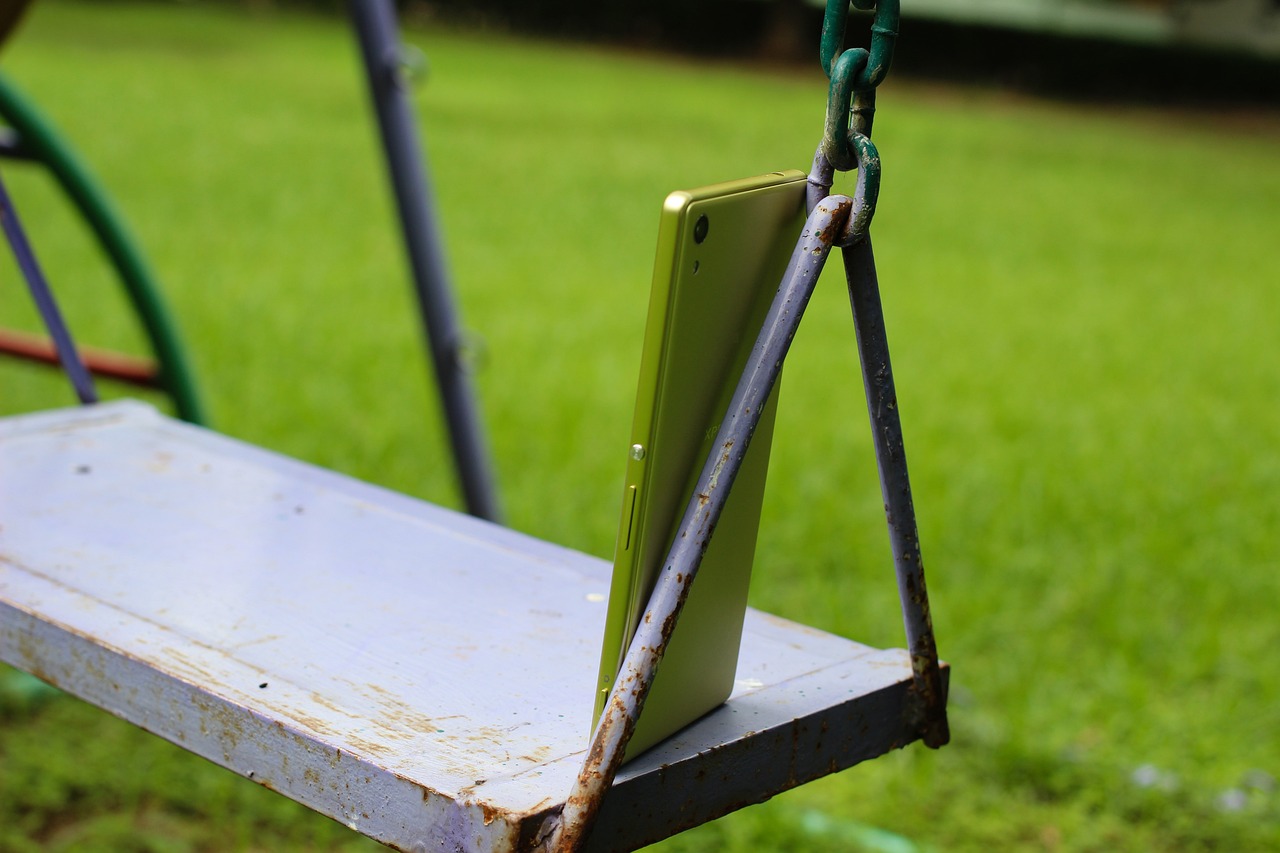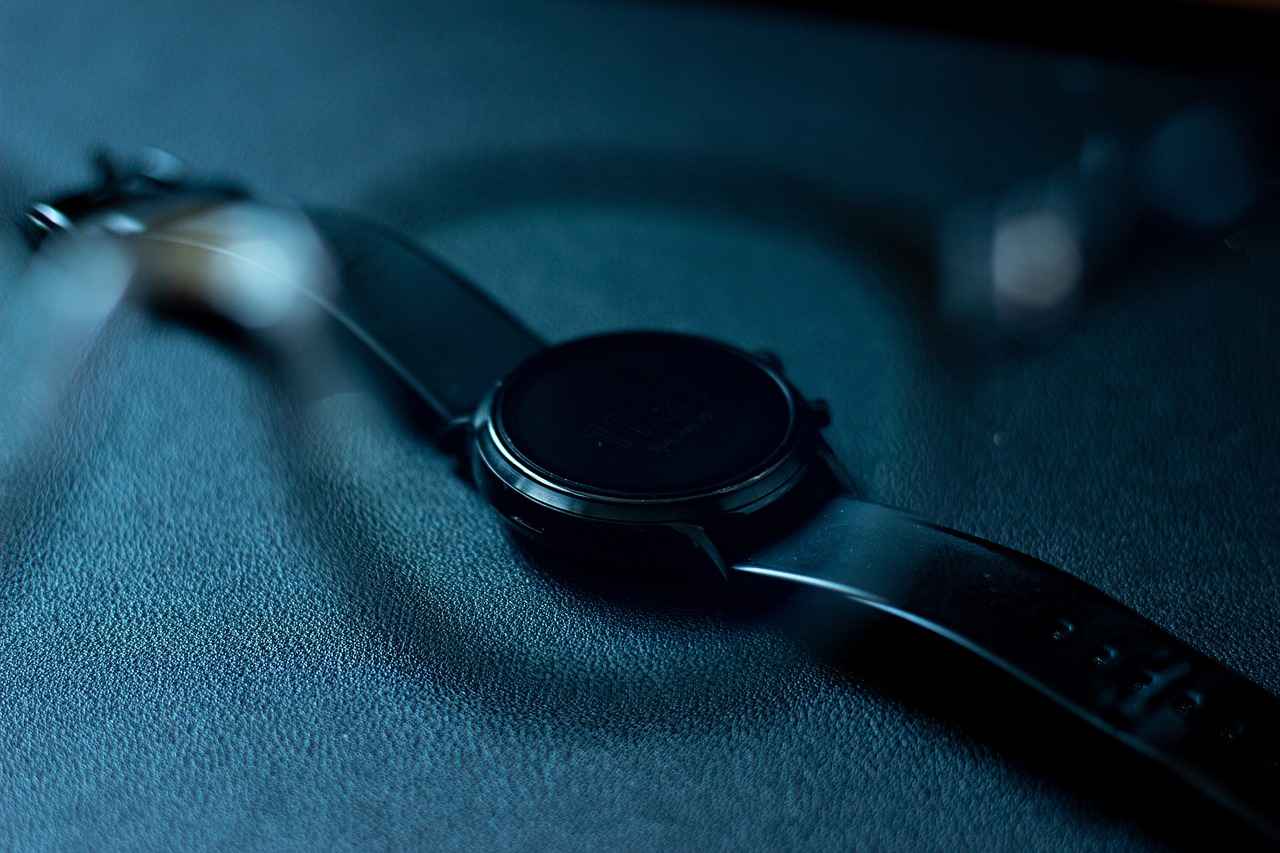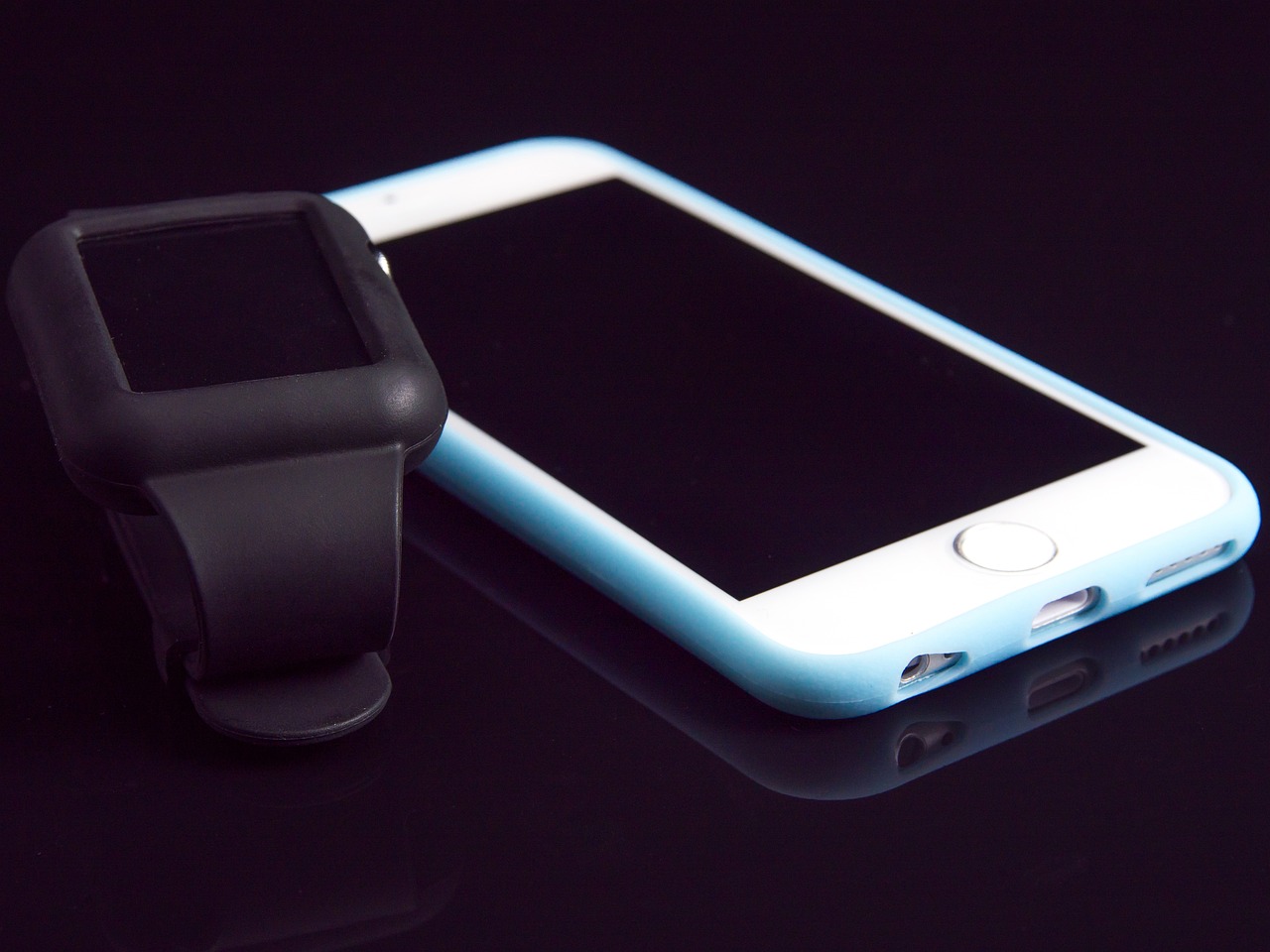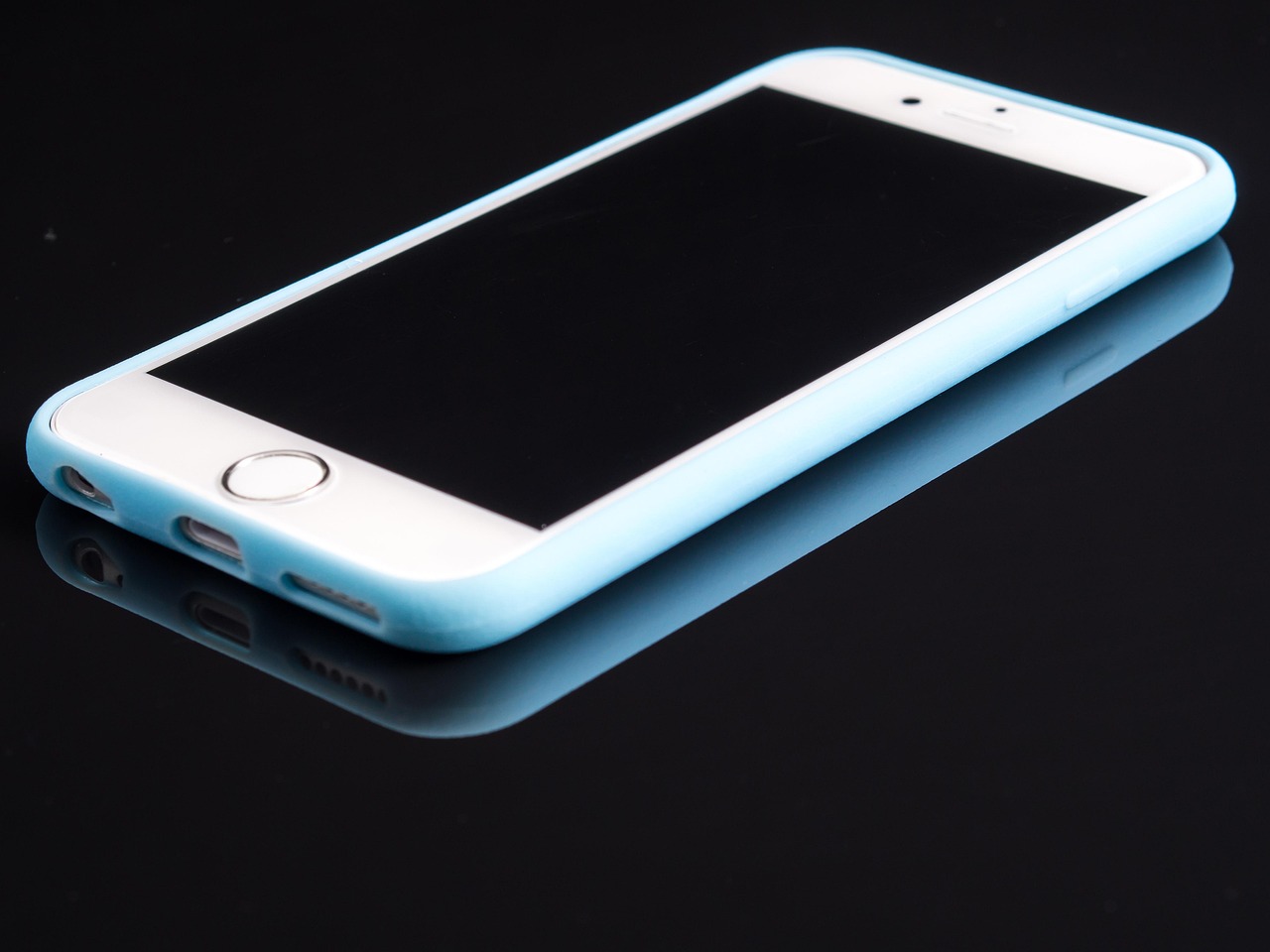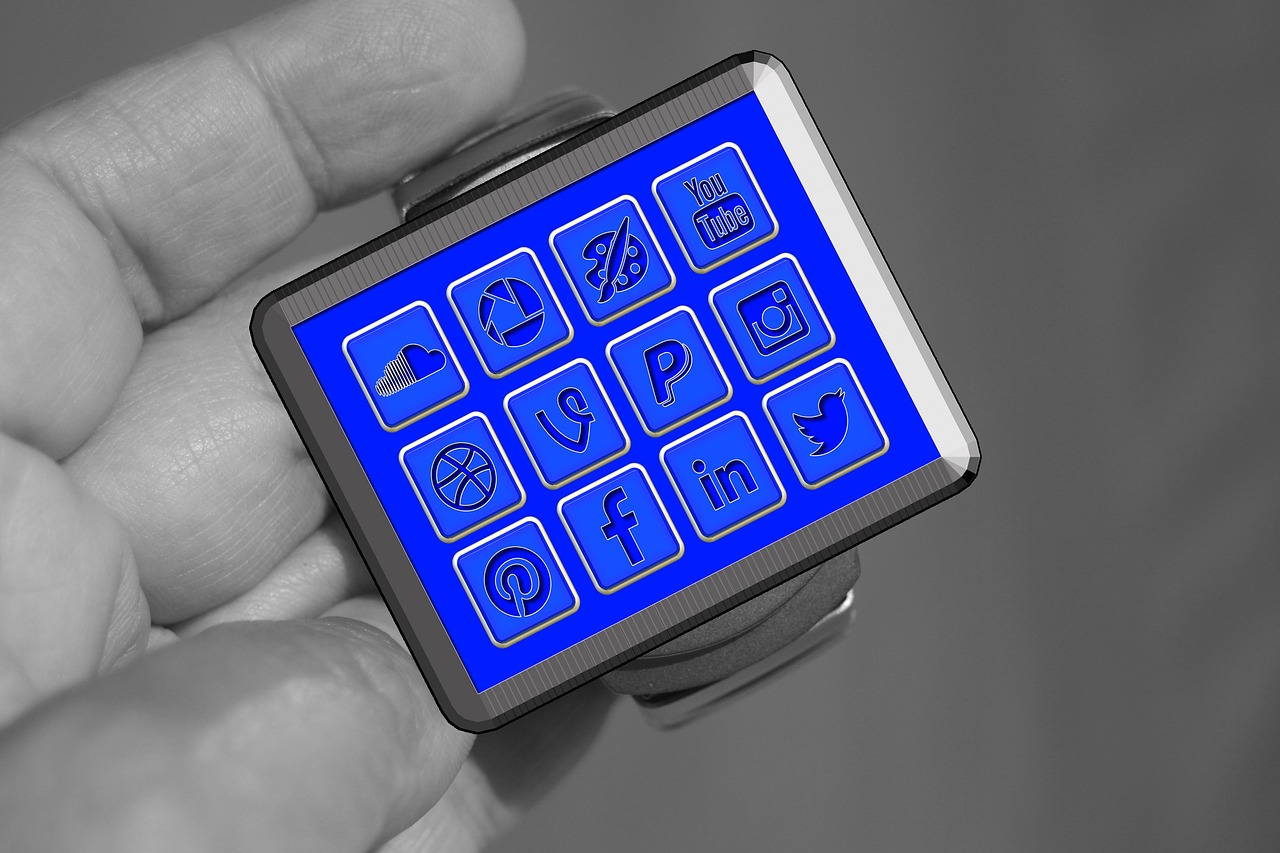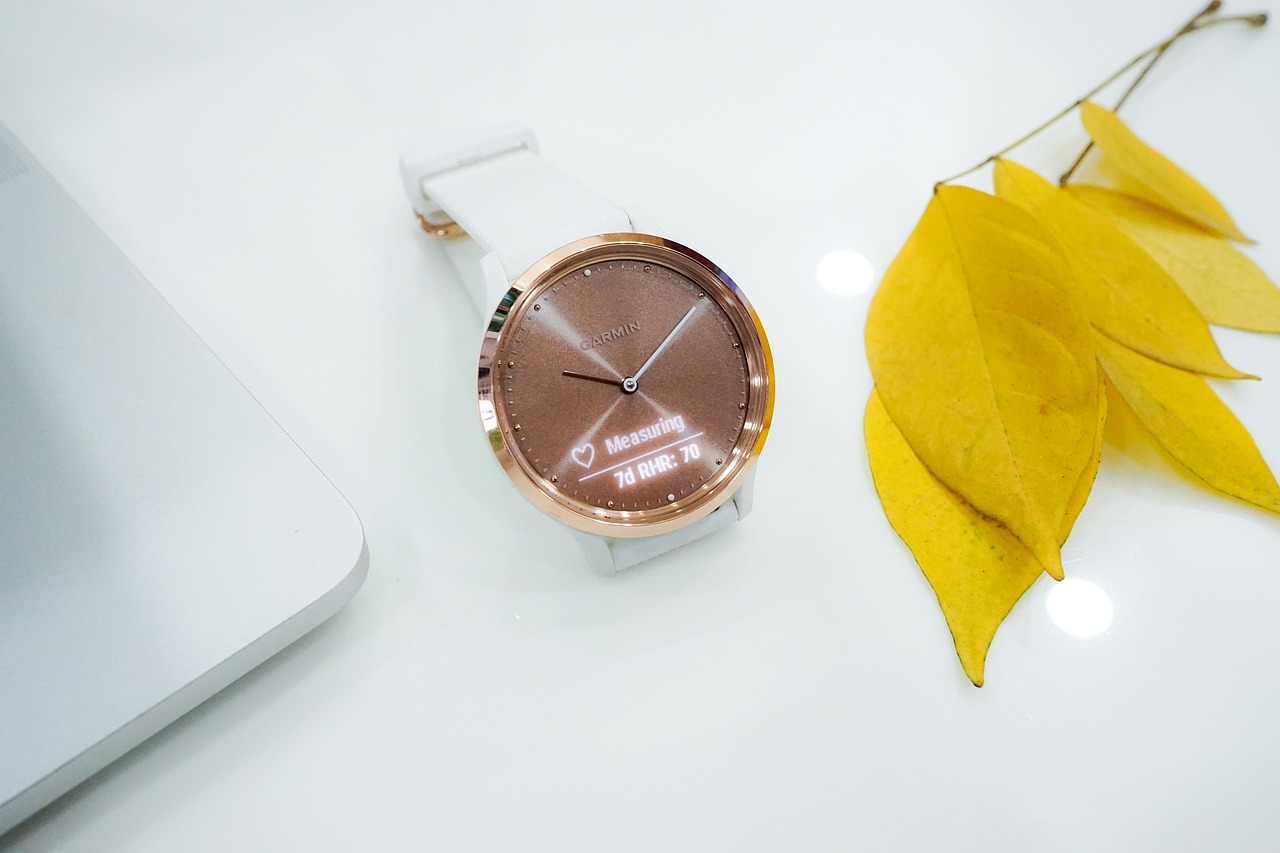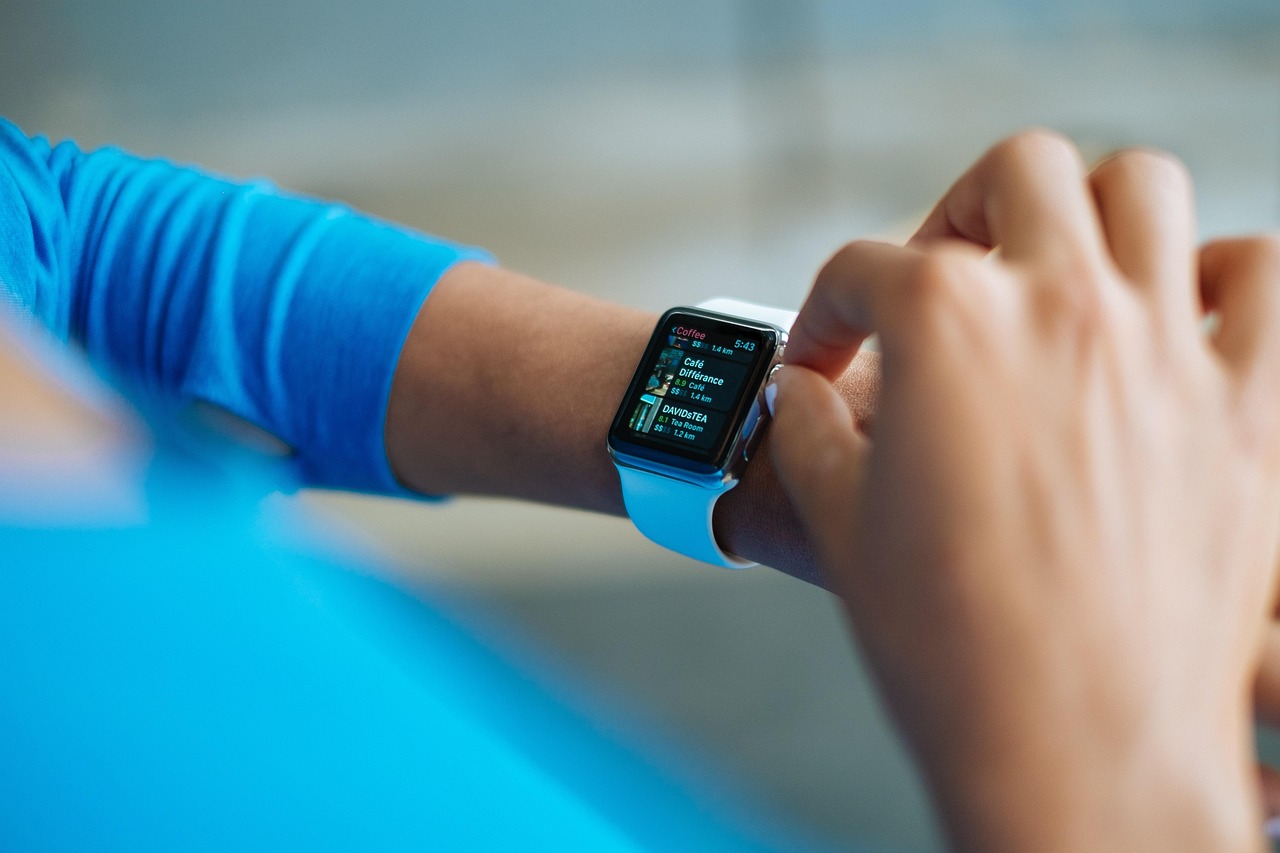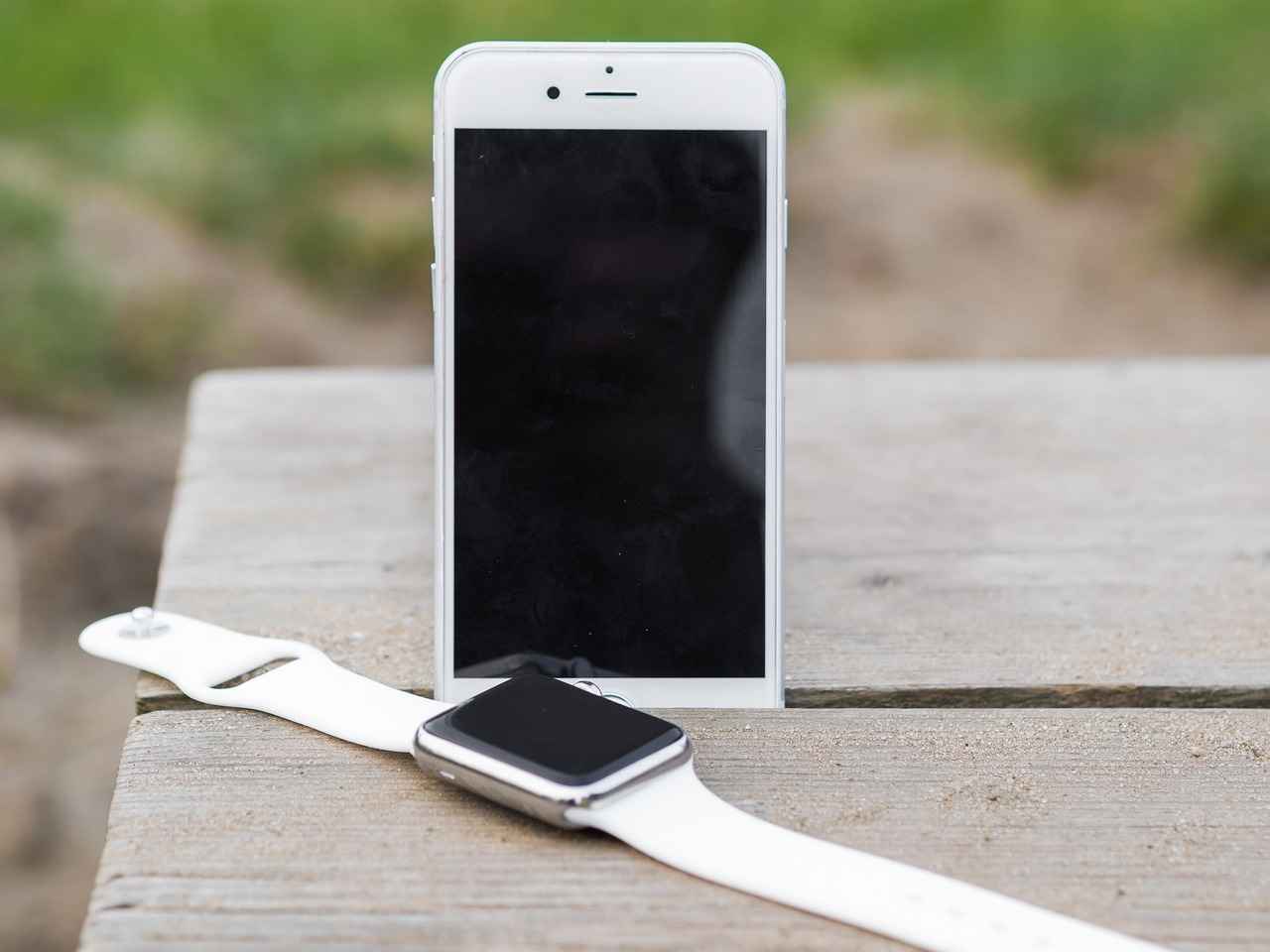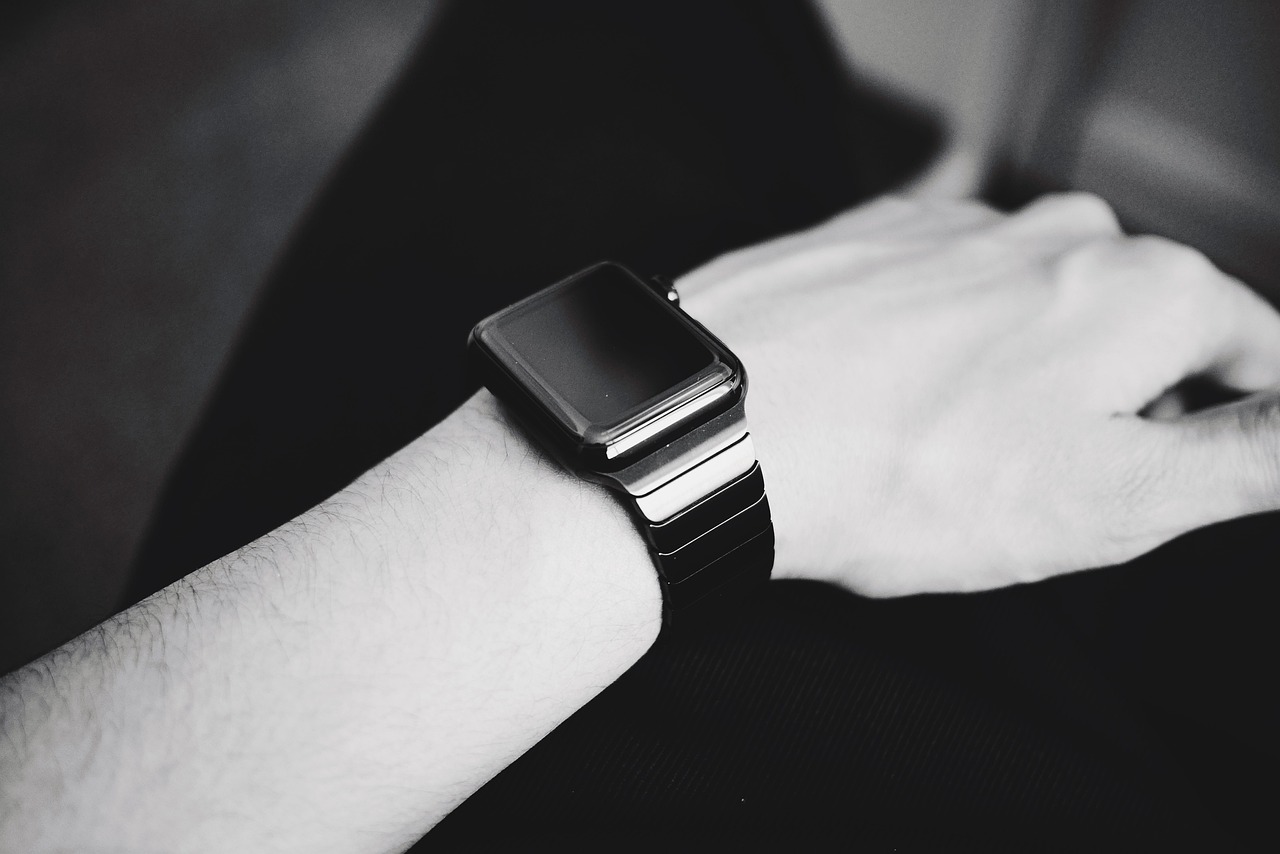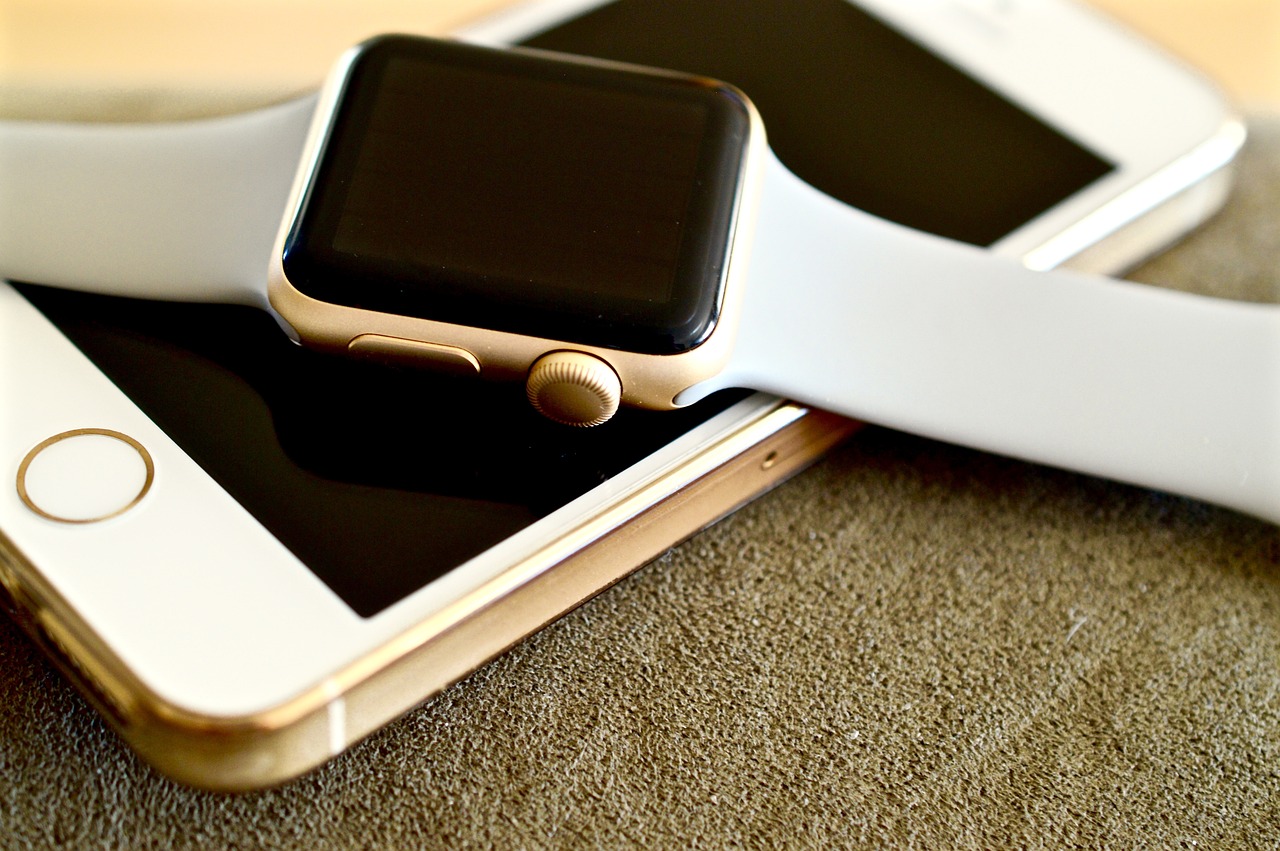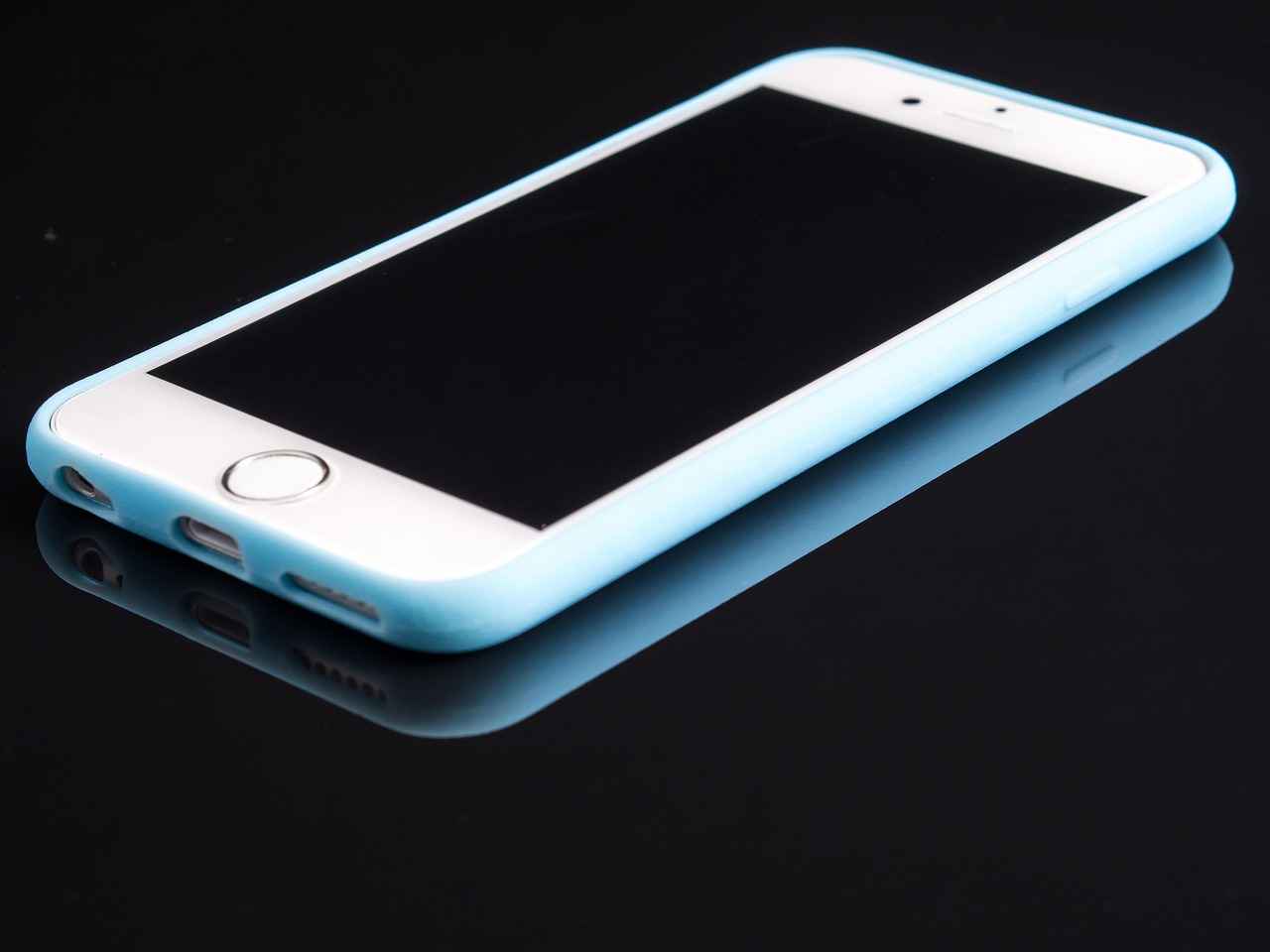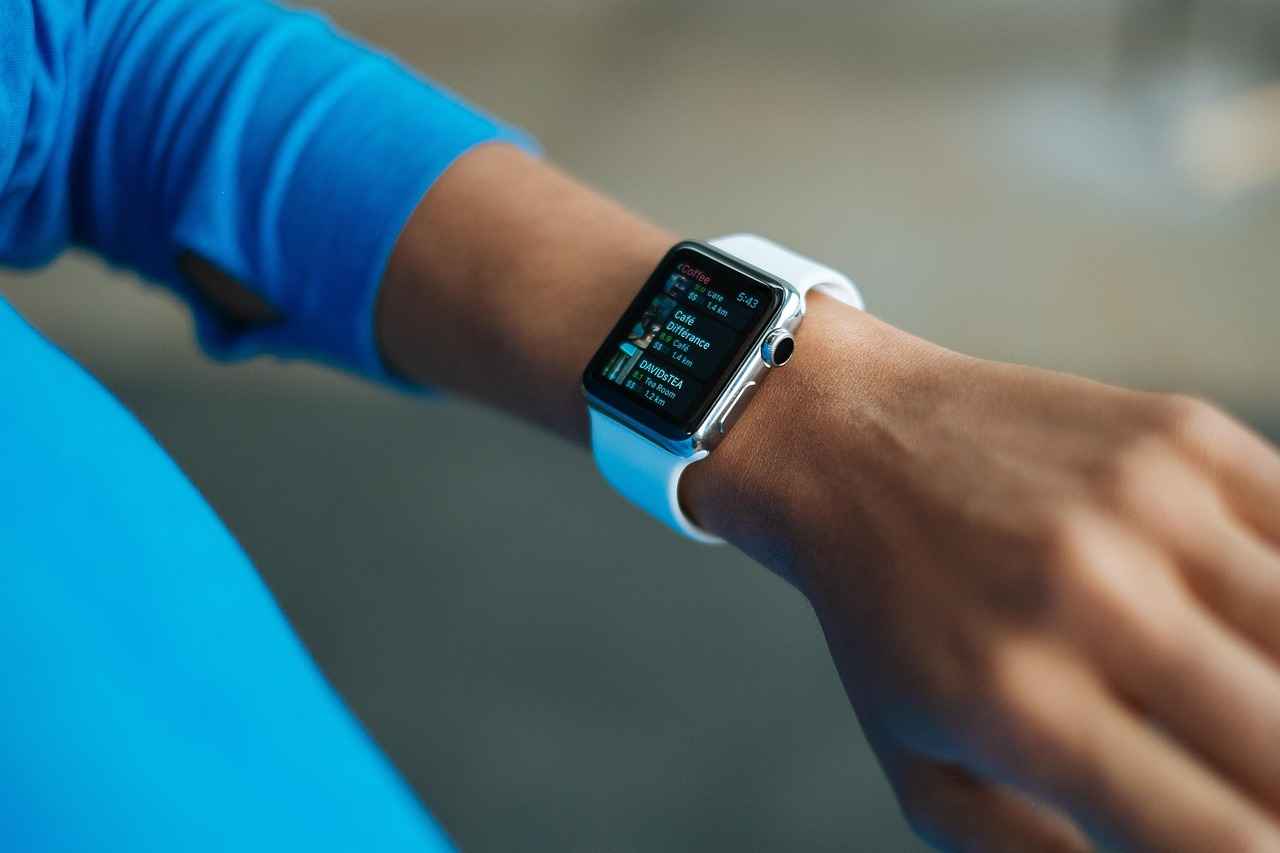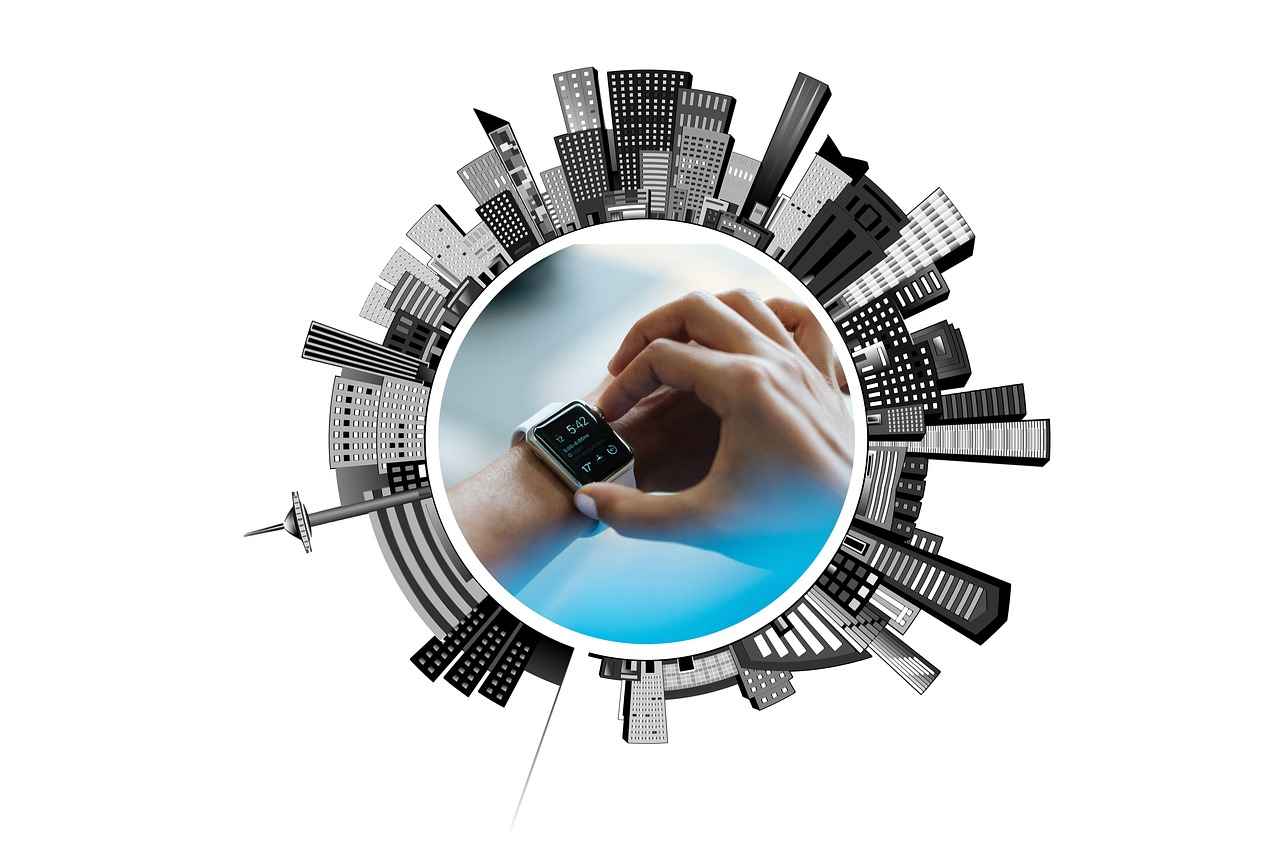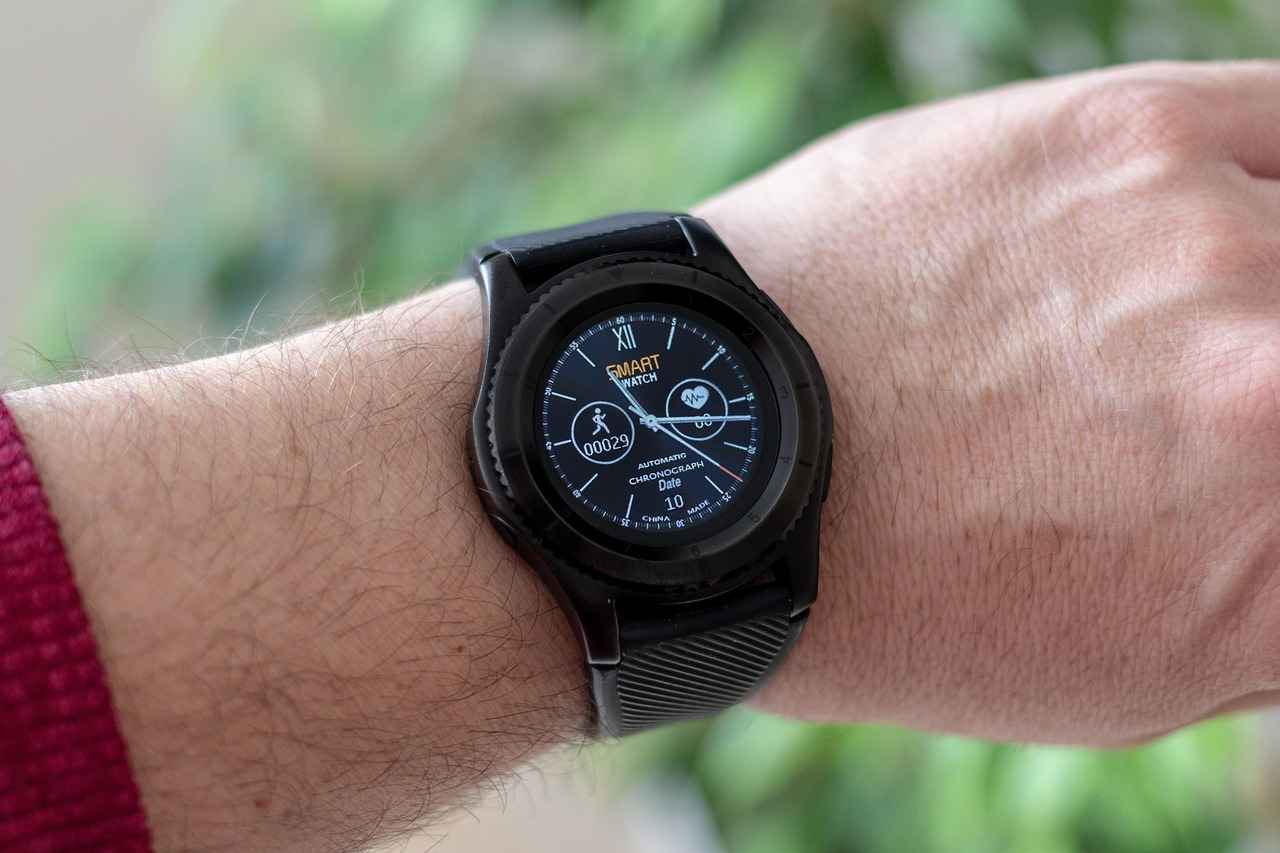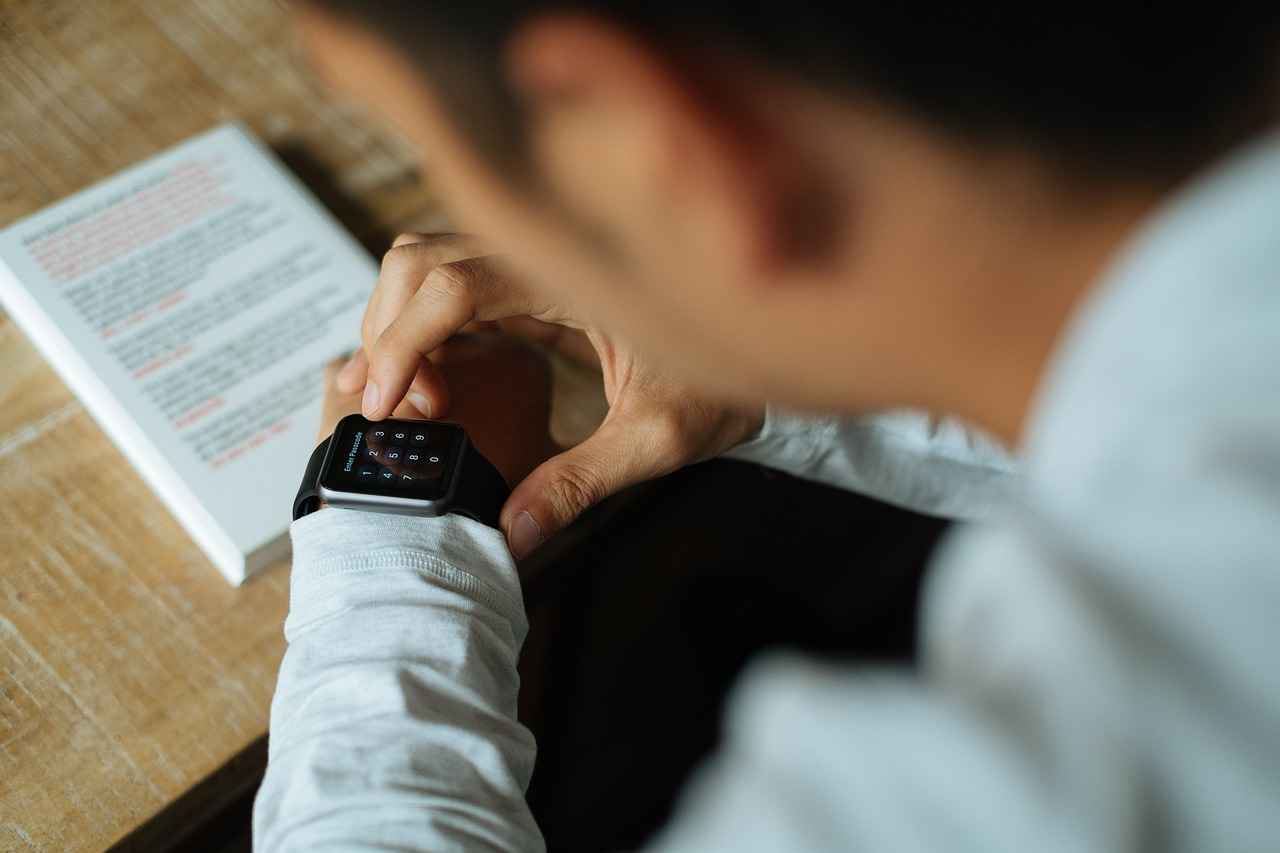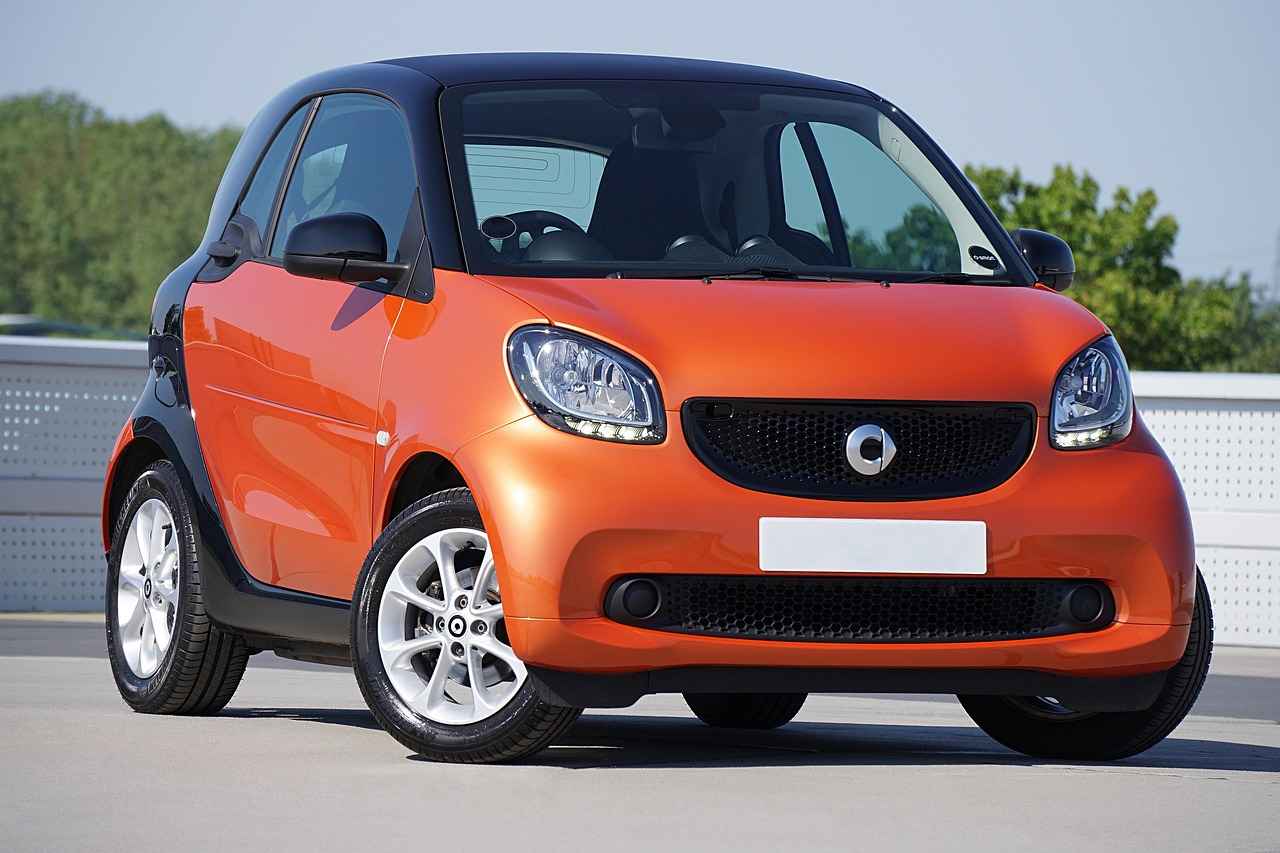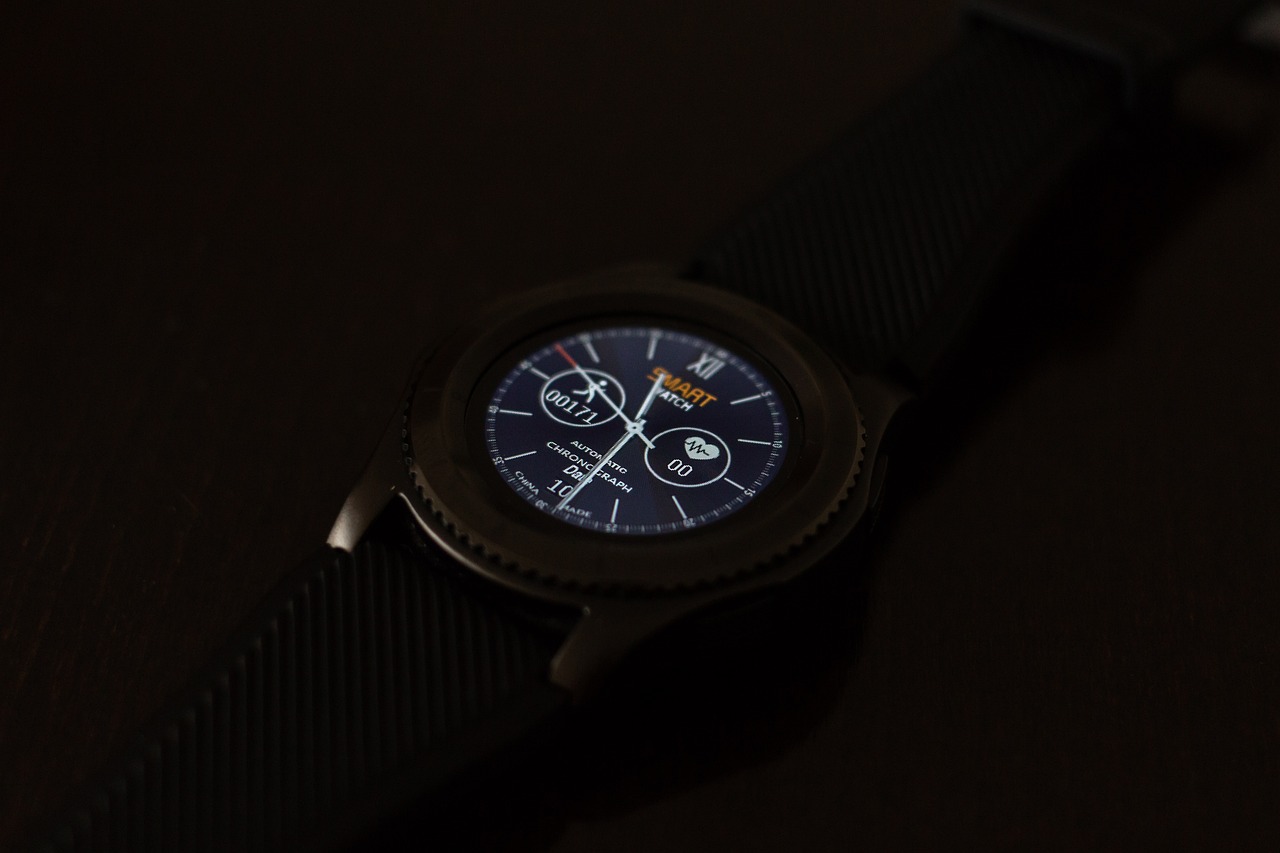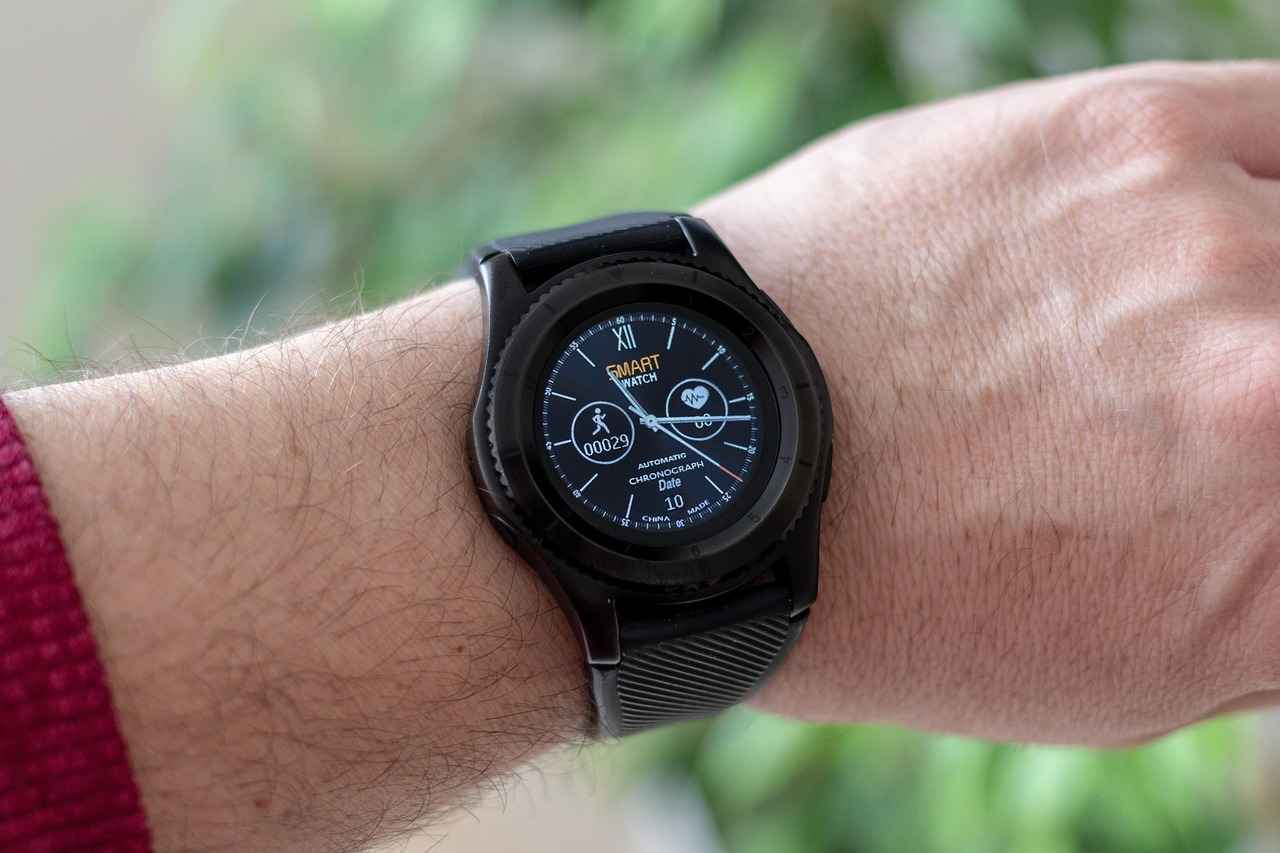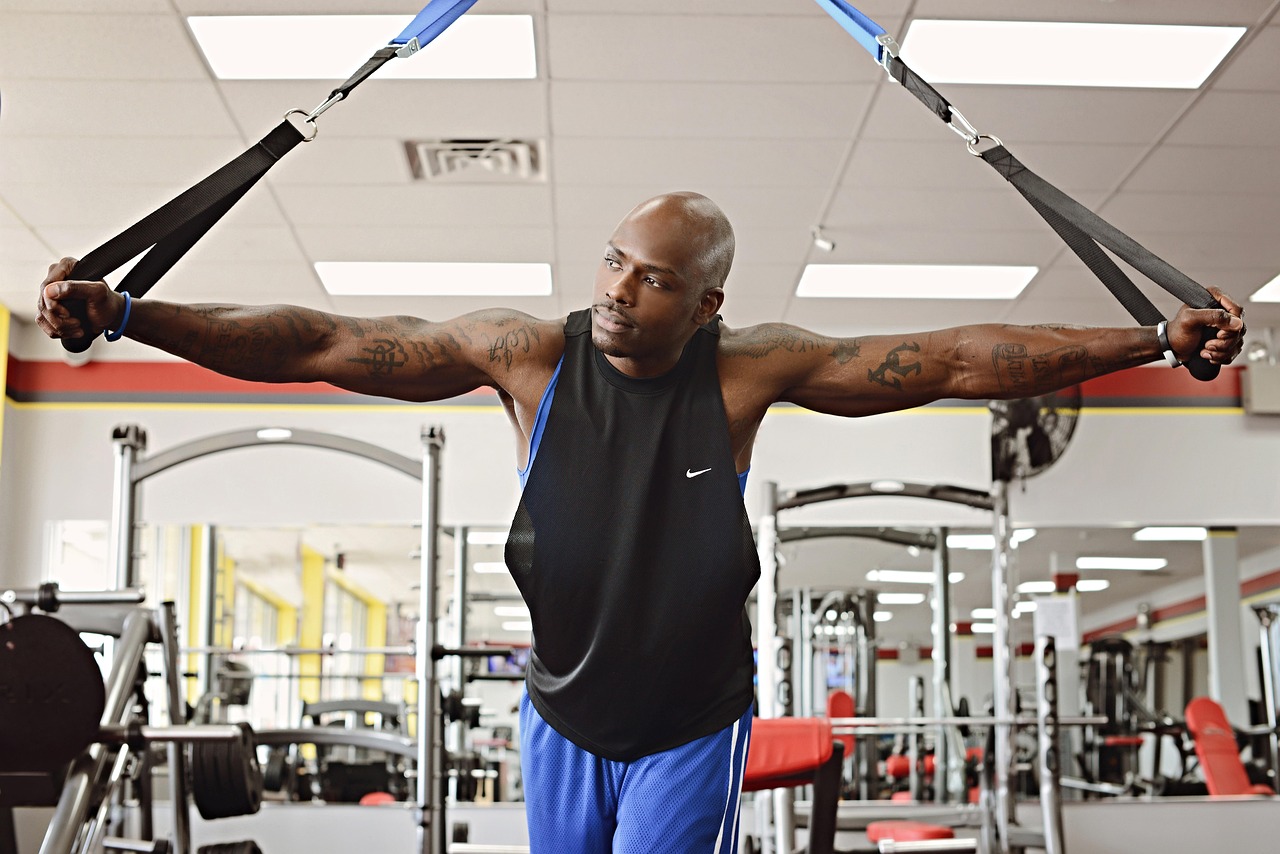This article delves into the best smartwatches specifically designed for runners, highlighting their exceptional performance metrics, advanced tracking capabilities, and user-friendly features that significantly enhance the running experience.
Why Smartwatches are Essential for Runners
Smartwatches have become indispensable tools for runners, offering real-time data that can enhance training efficiency. These devices provide insights into critical health metrics such as heart rate, pace, and distance, making them valuable for both amateur and professional athletes.
Key Features to Look for in Running Smartwatches
- GPS Accuracy: Essential for tracking distance and pace.
- Heart Rate Monitoring: Helps to optimize training intensity.
- Battery Life: A crucial factor for long-distance training.
- Compatibility: Ensure it works well with your preferred fitness apps.
GPS Accuracy and Reliability
Accurate GPS tracking is vital for runners to measure their distance and pace effectively. Look for smartwatches that utilize multiple satellite systems like GPS, GLONASS, and Galileo for enhanced precision.
Importance of GPS in Running
GPS technology allows runners to map their routes, track their progress, and analyze performance metrics, providing valuable data that can help improve training outcomes.
Heart Rate Monitoring Features
Continuous heart rate monitoring is crucial for assessing fitness levels. Advanced smartwatches offer features that help runners maintain their target heart rate zones, optimizing their training sessions.
Battery Life Considerations for Long Runs
Battery life is a significant factor that can affect a runner’s experience. It is essential to choose a smartwatch that can last through long-distance training sessions and races without frequent recharging.
Top Smartwatches for Runners in 2023
- Garmin Forerunner Series: Known for robust tracking features and advanced metrics such as pacing and VO2 max.
- Apple Watch Series 8: Combines fitness tracking with smart features, offering seamless integration with iOS devices and a variety of running apps.
![]()
Why Smartwatches are Essential for Runners
In the modern world of fitness, smartwatches have become essential companions for runners. These innovative devices not only track performance but also provide a wealth of real-time data that can significantly enhance training outcomes. Whether you are a novice runner or a seasoned marathoner, understanding the benefits of smartwatches can help you optimize your running experience.
One of the primary advantages of smartwatches is their ability to deliver real-time metrics. This includes data on pace, distance, and heart rate, allowing runners to monitor their performance as they train. With this information at their fingertips, runners can make immediate adjustments to their pace or intensity, leading to more efficient workouts.
Moreover, smartwatches offer insights into important health metrics. Features such as sleep tracking, stress monitoring, and recovery insights help runners understand their overall well-being. By analyzing these metrics, runners can identify patterns that may affect their performance and make informed decisions about their training regimen.
Additionally, many smartwatches come equipped with advanced features such as GPS tracking and route mapping. This functionality is crucial for runners looking to explore new trails or monitor their progress over time. Accurate GPS data allows for precise distance measurement, ensuring that runners can trust their stats and set realistic goals.
Furthermore, smartwatches are designed to be user-friendly, often integrating with popular fitness apps to provide a seamless experience. This connectivity allows runners to share their data with friends or coaches, fostering a sense of community and motivation.
In summary, the integration of technology in running through smartwatches offers significant benefits. From real-time data to health insights, these devices are indispensable tools that enhance training efficiency and overall running performance.
![]()
Key Features to Look for in Running Smartwatches
When it comes to choosing the right smartwatch for running, several key features should be at the forefront of your decision-making process. A smartwatch is not just a stylish accessory; it can be a powerful tool that enhances your running experience and helps you achieve your fitness goals.
- GPS Accuracy: Look for a smartwatch that offers highly accurate GPS tracking. This feature is crucial for runners who want to monitor their distance and pace accurately. Models that utilize multiple satellite systems, such as GPS, GLONASS, and Galileo, tend to provide better precision, especially in urban areas with tall buildings.
- Heart Rate Monitoring: Continuous heart rate monitoring allows you to assess your fitness levels in real-time. A smartwatch with advanced sensors can provide insights into your heart rate variability, helping you optimize your training by keeping you in your target heart rate zones.
- Battery Life: A smartwatch’s battery life can greatly impact your training sessions. For long-distance runners, it is essential to choose a device that can last through extended workouts and races without needing frequent recharges. Look for models that offer power-saving modes or quick charging options.
- Compatibility with Fitness Apps: Ensure that the smartwatch you choose is compatible with popular fitness apps. This integration can enhance your training experience by allowing you to sync data, set goals, and track your progress over time.
- Water Resistance: Since runners often train in various weather conditions, a smartwatch with a good water resistance rating is essential. This feature ensures that your device can withstand rain and sweat, allowing you to focus on your run without worrying about damaging your watch.
By considering these features, you can select a smartwatch that not only meets your running needs but also enhances your overall training experience. Investing in a quality smartwatch tailored for runners can significantly improve your performance and keep you motivated on your fitness journey.
GPS Accuracy and Reliability
For runners, accurate GPS tracking is not just a luxury; it is a fundamental necessity. It enables athletes to precisely measure their distance and pace, which are crucial for monitoring performance and progress. When selecting a smartwatch, it is essential to consider devices that utilize multiple satellite systems, such as GPS, GLONASS, and Galileo. This multi-satellite support enhances precision and reliability, particularly in challenging environments like urban areas with tall buildings or dense forests.
Why Multiple Satellite Systems Matter
- Improved accuracy in distance measurement
- Better pace tracking during varied terrain runs
- Consistent performance in diverse weather conditions
Runners often encounter situations where traditional GPS may falter, such as during tunnel runs or under heavy tree cover. Smartwatches equipped with advanced GPS technologies can mitigate these issues, providing a more reliable tracking experience. Furthermore, real-time data is critical for adjusting training strategies on the fly, making the choice of a smartwatch with superior GPS capabilities even more vital.
Analyzing GPS Performance
Many modern smartwatches come with built-in features that allow for route mapping and performance analysis. These features not only help runners visualize their routes but also enable them to assess their performance over time. The ability to track metrics such as elevation gain, lap times, and even heart rate zones during runs can significantly enhance a runner’s training regimen.
In conclusion, investing in a smartwatch with reliable and accurate GPS tracking can profoundly impact a runner’s training efficiency. By ensuring you select a device that utilizes multiple satellite systems, you can achieve the precision necessary for effective distance and pace measurement, ultimately leading to improved performance.
Importance of GPS in Running
In the world of running, GPS technology has revolutionized how athletes train and track their performance. By utilizing satellite signals, runners can accurately determine their location, distance, and pace. This data is not just useful; it is essential for those looking to enhance their running experience and achieve their personal bests.
One of the primary benefits of GPS technology is the ability to map routes. Runners can explore new paths and trails while keeping track of their distance traveled. This feature encourages exploration and can make training sessions more enjoyable. Additionally, many GPS-enabled smartwatches allow users to save their favorite routes, making it easy to revisit them in the future.
Tracking progress is another critical aspect. With GPS, runners can monitor their performance over time, identifying trends in their speed and endurance. This data is invaluable for setting realistic goals and adjusting training plans accordingly. For instance, if a runner notices a consistent improvement in pace over a specific route, they can confidently push themselves further or increase their speed.
Moreover, GPS technology facilitates a deeper analysis of performance metrics. Many smartwatches provide insights into factors such as cadence, elevation gain, and even heart rate variability. These metrics can help runners understand their physical responses to different terrains and conditions, allowing for more tailored training regimens.
In summary, the importance of GPS in running cannot be overstated. It not only helps in mapping routes and tracking progress but also provides critical performance data that can lead to significant improvements in training outcomes. By leveraging this technology, runners can take their training to the next level, ensuring they are always moving towards their goals.
Comparative Analysis of GPS Technologies
When it comes to selecting a smartwatch for running, understanding the differences in GPS technologies is crucial. Various smartwatches employ distinct GPS systems, each with its own advantages and limitations. This comprehensive analysis will guide runners in making an informed choice based on their specific tracking needs.
Smartwatches generally utilize one of three primary GPS technologies: Standard GPS, GLONASS, and Galileo. Each of these systems has unique characteristics that can impact the accuracy and reliability of tracking during runs.
- Standard GPS: This is the most common GPS technology found in many smartwatches. It works well in open areas but can struggle in dense urban environments or heavily wooded areas where satellite signals may be obstructed.
- GLONASS: Developed by Russia, GLONASS enhances GPS accuracy by providing additional satellite coverage. When used in conjunction with GPS, it can significantly improve tracking performance, especially in challenging environments.
- Galileo: The European Union’s satellite navigation system offers high precision and is designed to work alongside both GPS and GLONASS. This combination can provide superior accuracy, making it ideal for runners who need reliable data in various locations.
Moreover, some advanced smartwatches incorporate multi-band GPS, which utilizes multiple frequency bands for even greater accuracy. This technology is particularly beneficial for runners who often train in urban areas or mountainous terrains, where signal interference can occur.
In addition to the type of GPS technology, it’s essential to consider the software algorithms that process the GPS data. High-quality algorithms can enhance the accuracy of distance and pace calculations, providing runners with more reliable feedback on their performance.
Ultimately, choosing a smartwatch with the right GPS technology involves assessing your running environment and personal tracking requirements. By understanding these differences, runners can select a device that not only meets their needs but also enhances their overall training experience.
Heart Rate Monitoring Features
Heart rate monitoring is an essential component of modern fitness tracking, particularly for runners aiming to enhance their performance. Understanding how your heart responds during different training intensities can provide valuable insights into your overall health and fitness levels.
Advanced smartwatches equipped with continuous heart rate tracking capabilities enable users to monitor their heart rates in real-time. This feature allows runners to maintain their target heart rate zones, which are crucial for optimizing training effectiveness. By staying within these zones, runners can improve their endurance, speed, and overall performance.
One of the primary benefits of heart rate monitoring is the ability to assess fitness levels accurately. For instance, a lower resting heart rate often indicates better cardiovascular fitness. Additionally, tracking heart rate variability (HRV) can offer insights into recovery status and overall well-being, helping runners avoid overtraining.
When selecting a smartwatch, it’s important to consider the accuracy of the heart rate sensor. Some watches utilize advanced optical sensors that provide more reliable readings during workouts, especially in high-intensity situations. Furthermore, the integration of heart rate data with other metrics, such as pace and distance, can create a comprehensive view of performance.
Moreover, many smartwatches today come with built-in training programs that adapt based on heart rate data. These programs can suggest optimal workouts tailored to individual fitness levels, ensuring that runners are training effectively without risking injury.
In summary, heart rate monitoring is a vital feature for runners looking to optimize their training. With the advancement of technology, smartwatches now offer sophisticated tracking capabilities that not only enhance performance but also contribute to overall health management. Choosing a watch with reliable heart rate monitoring can be a game-changer for both novice and experienced runners alike.
![]()
Battery Life Considerations for Long Runs
When it comes to running, battery life is a critical factor that can greatly influence a runner’s overall experience. For those who engage in long-distance training or participate in marathons, a smartwatch that can sustain its charge throughout extended periods is essential. Imagine being miles into a run, only to discover that your watch is about to die—this scenario can be not only frustrating but also detrimental to your training efforts.
To ensure that you select a smartwatch with adequate battery duration, consider the following aspects:
- Battery Capacity: Look for smartwatches that boast a long-lasting battery, ideally capable of supporting multiple workouts without needing a recharge. Many modern devices offer battery life that lasts from several days to weeks, depending on usage.
- Power-Saving Modes: Some smartwatches come equipped with power-saving features that can extend battery life during longer activities. Utilizing these modes can help you maximize your watch’s performance during crucial training sessions.
- Charging Speed: Quick charging capabilities can be a game-changer for runners with tight schedules. A watch that can recharge rapidly allows you to be ready for your next run without lengthy downtime.
Furthermore, it’s important to consider how different features impact battery life. For instance, using GPS continuously can drain the battery faster than standard timekeeping. Therefore, if you plan to track your route meticulously, ensure your watch has a robust battery to handle such demands.
In summary, choosing a smartwatch with sufficient battery life is not just about convenience; it’s about enhancing your running experience. By prioritizing battery performance, you can focus on your training and enjoy the journey without the anxiety of a dying device.
Charging Options and Durability
When it comes to smartwatches for runners, understanding the charging options and durability of these devices is crucial for ensuring a seamless running experience. The right smartwatch should not only track your performance accurately but also have the ability to sustain long runs without the constant need for recharging.
One of the most significant advancements in smartwatch technology is the incorporation of quick-charge capabilities. Many modern smartwatches can achieve a significant charge in just a short period, allowing runners to quickly power up their devices before a workout. For instance, some models can provide up to 10 hours of usage with just a 20-minute charge. This feature is particularly beneficial for those who might forget to charge their devices the night before a race or training session.
In addition to quick charging, battery-saving modes play an essential role in extending battery life during long runs. These modes often reduce the frequency of GPS updates or limit background app activity, which can significantly conserve energy. Runners can choose to activate these modes when they anticipate longer workout sessions, ensuring that their smartwatch can last the entire duration without needing a recharge.
Furthermore, it’s essential to consider the overall battery life of the smartwatch. Many models offer impressive battery durations, ranging from several days to weeks on a single charge, depending on usage and settings. For instance, watches specifically designed for endurance athletes often feature extended battery life, which is a vital consideration for marathon training or ultramarathons.
Lastly, when evaluating smartwatches, pay attention to user reviews regarding battery performance during prolonged use. Real-world experiences can provide valuable insights into how well a device holds up under demanding conditions. By considering these aspects, runners can select a smartwatch that not only meets their performance tracking needs but also ensures they stay powered throughout their training.
Water Resistance Ratings
Water resistance is an essential consideration for runners, especially those who train in diverse weather conditions. Understanding the various can significantly influence a runner’s choice of smartwatch, ensuring they select a device that can endure exposure to moisture without compromising functionality.
Smartwatches are often rated for water resistance based on the International Organization for Standardization (ISO) standards. These ratings are typically expressed in terms of ATM (atmospheres) or IP (Ingress Protection) ratings. Here’s a breakdown of common water resistance ratings:
| Rating | Description | Suitable Activities |
|---|---|---|
| 3 ATM | Water-resistant up to 30 meters | Light rain, splashes, and brief immersion |
| 5 ATM | Water-resistant up to 50 meters | Swimming and shallow water activities |
| 10 ATM | Water-resistant up to 100 meters | Snorkeling, swimming, and water sports |
| 20 ATM | Water-resistant up to 200 meters | High-impact water sports and diving |
For runners, a smartwatch with at least a 5 ATM rating is advisable, as it provides adequate protection against sweat and rain. Additionally, some devices feature waterproof designs that ensure durability during intense workouts or unexpected weather changes.
Moreover, understanding the implications of these ratings can help prevent potential damage to your device. For example, even a watch rated for 10 ATM may not withstand high-velocity water exposure, such as during water skiing or diving.
In conclusion, selecting a smartwatch with appropriate water resistance is crucial for runners who want to maintain their training regardless of the weather. By considering the water resistance ratings and their implications, runners can make informed choices that enhance their overall experience.
![]()
Top Smartwatches for Runners in 2023
This section provides an in-depth look at the top smartwatches for runners in 2023, emphasizing their unique features, performance metrics, and insightful user reviews. As running becomes increasingly popular, having the right technology can significantly enhance your training experience.
When selecting a smartwatch, it is crucial to consider various factors that cater specifically to the needs of runners. The following smartwatches stand out in the market for their advanced capabilities:
- Garmin Forerunner 245: Known for its comprehensive fitness tracking, this model offers advanced metrics such as VO2 max, training load, and recovery time. Users appreciate its accurate GPS tracking and long battery life, making it ideal for both short and long-distance runs.
- Apple Watch Series 8: This smartwatch seamlessly integrates with iOS devices and features a robust suite of fitness apps. Its heart rate monitoring and customizable workout modes are particularly praised by runners looking for versatility.
- Polar Vantage V2: This watch is designed for serious athletes, featuring precision heart rate tracking and training analysis tools. The built-in GPS is reliable, and the watch’s lightweight design makes it comfortable for extended use.
- Fitbit Charge 5: While primarily a fitness tracker, the Charge 5 offers excellent running features, including built-in GPS and a daily readiness score. Users love its user-friendly interface and health insights that promote overall wellness.
Each of these smartwatches has been reviewed positively by users, highlighting their unique strengths. For instance, the Garmin Forerunner 245 is often noted for its detailed performance analytics, while the Apple Watch Series 8 is favored for its smart features that extend beyond fitness.
In summary, choosing the right smartwatch can significantly impact your running experience. By considering features like tracking accuracy, battery life, and user reviews, you can make an informed decision that aligns with your running goals.
Garmin Forerunner Series
The stands out in the world of running smartwatches, renowned for its exceptional tracking capabilities and user-friendly features. Designed specifically for runners, these devices offer a comprehensive suite of metrics that cater to both amateur and elite athletes.
One of the key highlights of the Forerunner series is its ability to provide advanced metrics such as pacing, heart rate variability, and VO2 max. These metrics are essential for runners who want to optimize their training and monitor their performance over time. The Forerunner watches utilize cutting-edge technology to deliver real-time data, allowing users to adjust their workouts based on precise feedback.
- Pacing: Accurate pacing information helps runners maintain their desired speed, ensuring they don’t start too fast or too slow.
- Heart Rate Variability: This metric is crucial for understanding recovery and overall cardiovascular fitness, enabling runners to tailor their training intensity.
- VO2 Max: A measure of aerobic fitness, VO2 max data can guide runners in setting realistic performance goals.
Moreover, the Forerunner series is equipped with GPS technology that offers precise distance tracking, which is vital for runners who want to accurately log their workouts. The watches are compatible with various fitness apps, enabling seamless integration with existing training plans and community challenges.
Battery life is another strong point of the Forerunner series, with many models designed to last through long training sessions and races without the need for frequent recharging. This reliability ensures that runners can focus on their performance without worrying about their device dying mid-run.
In summary, the is a top choice for serious runners, offering a blend of robust tracking features, long battery life, and user-friendly design. Whether you’re training for your first marathon or aiming to beat your personal best, these smartwatches provide the tools needed to enhance your running experience.
Apple Watch Series 8
The is a standout device in the realm of smartwatches, particularly for runners seeking a blend of advanced fitness tracking and smart technology. This innovative watch not only excels in fitness metrics but also integrates seamlessly with the iOS ecosystem, making it a versatile companion for daily activities.
One of the key features of the Apple Watch Series 8 is its heart rate monitoring. This functionality allows users to continuously track their heart rate during workouts, providing valuable insights into their fitness levels. The watch can help runners maintain their target heart rate zones, optimizing training efficiency and enhancing overall performance.
Moreover, the Apple Watch Series 8 offers a wide array of running apps that cater to different fitness levels. Whether you are a beginner or an experienced marathoner, these apps provide tailored guidance and metrics to help you achieve your running goals. The watch’s compatibility with popular fitness platforms ensures that you can easily sync your data and track your progress over time.
Another significant advantage of the Apple Watch Series 8 is its GPS functionality. With accurate tracking capabilities, runners can map their routes, monitor distance, and analyze pace in real-time. This feature is essential for those who want to improve their running performance and stay motivated.
In terms of battery life, the Apple Watch Series 8 is designed to support long training sessions and races. Its efficient power management allows for extended usage, ensuring that you can rely on it during your most demanding workouts.
Finally, the Apple Watch Series 8 is built with water resistance, making it suitable for runners who train in various weather conditions. This durability ensures that the watch can withstand sweat and rain, allowing for uninterrupted training.
In summary, the Apple Watch Series 8 combines essential fitness tracking features with smart capabilities, making it an excellent choice for runners looking to enhance their performance while enjoying the benefits of a smartwatch.
Frequently Asked Questions
- What features should I look for in a smartwatch for running?
When choosing a smartwatch for running, focus on features like GPS accuracy, heart rate monitoring, and battery life. These elements are crucial for tracking your performance and ensuring you can run without interruptions.
- How important is GPS accuracy for runners?
GPS accuracy is essential for runners as it helps you track your distance and pace accurately. A watch that utilizes multiple satellite systems can provide more reliable data, especially in challenging environments.
- Can I use a smartwatch for swimming or in the rain?
Yes, many smartwatches come with water resistance ratings that make them suitable for swimming and running in the rain. Always check the water resistance level to ensure it meets your training needs.
- How long does the battery last on running smartwatches?
The battery life varies by model, but it’s crucial to choose a watch that can last through your longest runs. Look for options with battery-saving modes to extend usage during extended workouts.
- Are smartwatches compatible with fitness apps?
Most modern smartwatches offer compatibility with popular fitness apps, allowing you to sync your data and track your progress more effectively. This integration can enhance your overall training experience.
